Saturday, June 25 2022
This month we are asked this question for our Round Robin Blog Hop
xx
 Have you ever included current social, political, or environmental problems in any of your stories or thought about doing so? Why or why not? Such as: Have you ever included current social, political, or environmental problems in any of your stories or thought about doing so? Why or why not? Such as:
- Do you ever include politics in your stories (why and how?)
- Do you ever address topics like discrimination or race relations?
- Are your characters with or against law enforcement and do you include the current climate of anti-law enforcement in your writing
- Have you incorporated gay/lesbian characters?
- How does the current economic climate feature in your books?
- Have you ever included current wars in your books?
- Has terrorism ever appeared in any of your stories?
- Do any of your characters address going green/global warming?
xxx
Wow! As one of our Round Robin bloggers commented, that’s a whole book itself, not just a blog post. But….. The answer for me is yes to some of them, no to controversial anything.
xx
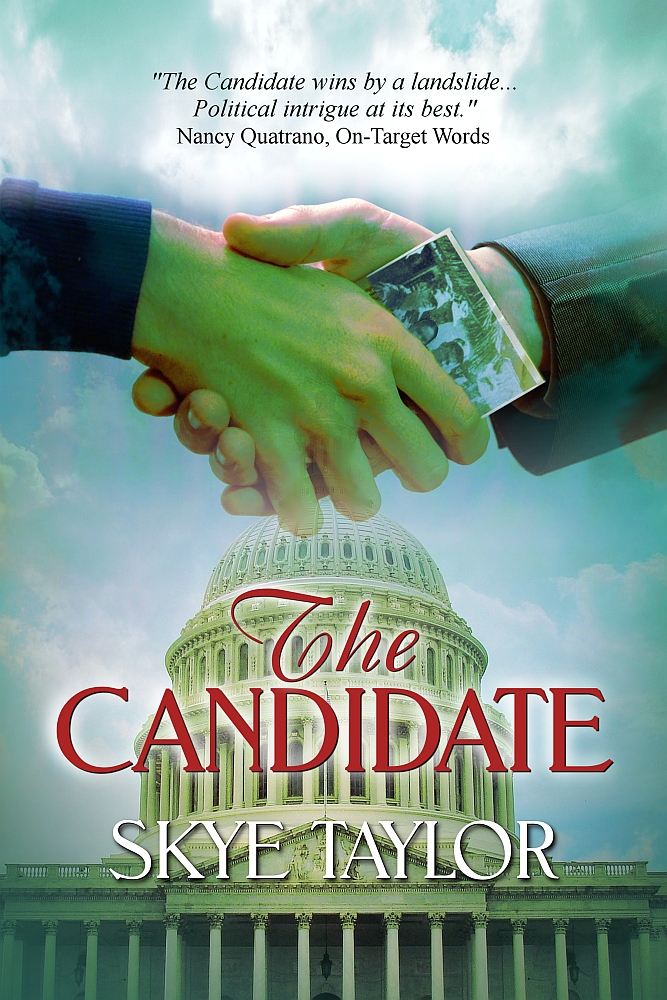 In The Candidate, which I tell people is NOT about politics, political issues are brought up and debated (as in my characters debate the issues) because it is the story of one man, running for president in a close three-way race who is faced with a personal crisis in the midst of that campaign. But the other two candidates also have a deep dark secret that, should it become known, would determine the caliber of the man, possibly change the outcome of the election and change the fate of the nation. And all three of those issues are on this list above. (Not telling you which because I’d love for you to read the book and I don’t want to spoil the secrets.) But it’s still one man’s story and I have chosen not to make the issues the focus of the book. In The Candidate, which I tell people is NOT about politics, political issues are brought up and debated (as in my characters debate the issues) because it is the story of one man, running for president in a close three-way race who is faced with a personal crisis in the midst of that campaign. But the other two candidates also have a deep dark secret that, should it become known, would determine the caliber of the man, possibly change the outcome of the election and change the fate of the nation. And all three of those issues are on this list above. (Not telling you which because I’d love for you to read the book and I don’t want to spoil the secrets.) But it’s still one man’s story and I have chosen not to make the issues the focus of the book.
xx
Several of my stories involve men or women who have been to war and while the story is about their personal challenges, the effects of those wars and how our country perceived them is critical. When I pitched 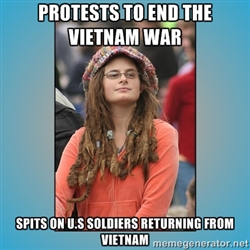 Worry Stone to an editor she loved the story but wanted me to change the war. Unfortunately, that editor was too young to know how awfully our country treated her warriors when they came home from Vietnam. She wanted me to change the war, but that would have changed the whole book. That hero came home, so thankful to be back in America, eager to put the war behind him and get on with his life, but the student body at the college he chose to attend had other ideas about how he should be treated. He also struggled with the guilt and despair that many soldiers experience in any war. But that war and the hateful things Americans who were opposed to it did to the returning soldiers was critical to that story. Worry Stone to an editor she loved the story but wanted me to change the war. Unfortunately, that editor was too young to know how awfully our country treated her warriors when they came home from Vietnam. She wanted me to change the war, but that would have changed the whole book. That hero came home, so thankful to be back in America, eager to put the war behind him and get on with his life, but the student body at the college he chose to attend had other ideas about how he should be treated. He also struggled with the guilt and despair that many soldiers experience in any war. But that war and the hateful things Americans who were opposed to it did to the returning soldiers was critical to that story.
xx
 For me personally, race, religion, culture have never been an issue. I love people for who they are and their color or faith or where they came from has never made a difference. As an author, I have included all kinds of people and I hope treated them all fairly, without discrimination. However, I have not dealt with the social issues that come with race, religion or ethnicity. For me personally, race, religion, culture have never been an issue. I love people for who they are and their color or faith or where they came from has never made a difference. As an author, I have included all kinds of people and I hope treated them all fairly, without discrimination. However, I have not dealt with the social issues that come with race, religion or ethnicity.
xx
 Two of my Tide’s Way books feature a police officer as a main character and the heroine of my mystery is a Deputy Detective here in St Augustine Florida, so my portrayal of law enforcement officers has been entirely positive. Mostly because I personally am a strong supporter of law enforcement. Never mind the time I was pulled over by a baby-cheeked officer in New Hampshire for turning into a private establishment in order to turn around, which he termed as doing so to avoid a traffic directive – NO U TURNs. Or the time a cop pulled me over for supposedly turning right on red without stopping after I’d actually turned left after waiting for all the oncoming traffic to pass. He asked me where I was coming from, realized his error and apologized – must have been a different white car. Everyone makes mistakes so I’m okay with that. I’m just thankful there are men and women willing to put themselves between me and danger, and since I consider them heroes and heroines, I enjoy having them be my main characters some of the time. Two of my Tide’s Way books feature a police officer as a main character and the heroine of my mystery is a Deputy Detective here in St Augustine Florida, so my portrayal of law enforcement officers has been entirely positive. Mostly because I personally am a strong supporter of law enforcement. Never mind the time I was pulled over by a baby-cheeked officer in New Hampshire for turning into a private establishment in order to turn around, which he termed as doing so to avoid a traffic directive – NO U TURNs. Or the time a cop pulled me over for supposedly turning right on red without stopping after I’d actually turned left after waiting for all the oncoming traffic to pass. He asked me where I was coming from, realized his error and apologized – must have been a different white car. Everyone makes mistakes so I’m okay with that. I’m just thankful there are men and women willing to put themselves between me and danger, and since I consider them heroes and heroines, I enjoy having them be my main characters some of the time.
XX
 I am sick and tired of having the WOKE generation shoving stuff down my throat that either I don’t and never will believe is right, or that I think they haven’t completely thought through so I will never write of those issues, even though I will include characters that fit into those issues. Like anyone else, I have strong political and social views, but I don’t need to alienate half my readers by using my writing platform to push issues that they find offensive. Not naming names, but I once read ALL of a very prolific writer’s books and couldn’t wait for the next. She included characters who were part of a social world I don’t support, but they were well written characters I could like and enjoy having around. And they are a part of the world we live in. As a long-time friend (and Episcopal Priest) once said, “You can object to the sin, but still love the sinner.” I try to live my life that way and I write with that in mind. But this particular author decided to use her best-selling platform to start pushing a political/social agenda I simply could not accept. So I stopped reading her books. I don't want that kind of writing to be my legacy. As a writer of fiction, I have a choice. Do I just tell a great story that anyone can enjoy? Or do I choose to make a political statement that will piss some people off? I chose the former. I am sick and tired of having the WOKE generation shoving stuff down my throat that either I don’t and never will believe is right, or that I think they haven’t completely thought through so I will never write of those issues, even though I will include characters that fit into those issues. Like anyone else, I have strong political and social views, but I don’t need to alienate half my readers by using my writing platform to push issues that they find offensive. Not naming names, but I once read ALL of a very prolific writer’s books and couldn’t wait for the next. She included characters who were part of a social world I don’t support, but they were well written characters I could like and enjoy having around. And they are a part of the world we live in. As a long-time friend (and Episcopal Priest) once said, “You can object to the sin, but still love the sinner.” I try to live my life that way and I write with that in mind. But this particular author decided to use her best-selling platform to start pushing a political/social agenda I simply could not accept. So I stopped reading her books. I don't want that kind of writing to be my legacy. As a writer of fiction, I have a choice. Do I just tell a great story that anyone can enjoy? Or do I choose to make a political statement that will piss some people off? I chose the former.
xx
But perhaps some of my blog hoppers have a different take on the issue so hop on over and check them out.

A.J. Maguire
Diane Bator
Connie Vines
Marci Baun
Anne Stenhouse
Dr. Bob Rich
Rhobin Courtright
Judith Copek
Saturday, May 28 2022
 Today's question for the Round Robin Blog Hop: What are your favorite things to do when you need to get away from stalled writing? Does it help you to resume with new ideas on the book you are writing? Today's question for the Round Robin Blog Hop: What are your favorite things to do when you need to get away from stalled writing? Does it help you to resume with new ideas on the book you are writing?
XX
Once upon a time, my standard for getting past the stalled-out hump was to put on my jacket and go for a walk along the shore. I lived in Maine back then so it often involved a coat, hat, scarf and mittens. Maybe it was the fresh air that revived my numb thinking neurons, but really, I think it was a little of several things including taking my eyes off the screen and the temptation to stray over to check my email or social media. It was also the physical exercise.  Getting my heart rate up and my blood pumping in the rest of my body surely had an effect on my brain as well. Getting my heart rate up and my blood pumping in the rest of my body surely had an effect on my brain as well.
XX
While I walked, I’d mull over where in the story I’d gotten bogged down. Maybe mentally review where my protagonist or other characters had been just before then, and what their immediate goals were. And somewhere along the line, whole conversations and scenes would start unfurling in my head. By the time I returned home, I couldn’t wait for the kettle to boil and a fresh mug of tea to be ready so I could sit down and capture all the stuff I’d just lived in my head while walking. Actually, sometimes, I skipped the tea and just started typing. The kettle would still be there after I’d captured the essence of my thoughts. It was like day dreaming in my characters’ world.
XX
This m ethod would probably still work today but now I have an enthusiastic young Golden Retriever who is eager to go with me every time I leave the house. Concentrating on my imaginary friends is difficult when I own the Welcome Wagon for my neighborhood who insists on saying hello to everyone we pass. I do still get ideas while I walk, but they never get a chance to flower into full-blown scenes and lines of dialog like they did when it was just me. So, my several times a day walks are now devoted to disconnecting from my imaginary world and participating in Jessi’s eager exploration of our very real one. ethod would probably still work today but now I have an enthusiastic young Golden Retriever who is eager to go with me every time I leave the house. Concentrating on my imaginary friends is difficult when I own the Welcome Wagon for my neighborhood who insists on saying hello to everyone we pass. I do still get ideas while I walk, but they never get a chance to flower into full-blown scenes and lines of dialog like they did when it was just me. So, my several times a day walks are now devoted to disconnecting from my imaginary world and participating in Jessi’s eager exploration of our very real one.
XX
 Water, however, seems to inspire me with ideas, even when it’s not sloshing against the shore while I walk. Taking a shower spawns thoughts that lead to breaks in my stories. It has occurred to me that perhaps I should install a white-board in the shower where I could take notes, but since I haven’t followed up on that idea, I just hurry back to my desk after I get out, sometimes, admittedly, with the towel wrapped about my middle and my hair still dripping wet. One of these days someone is going to ring my doorbell while I’m sitting at my desk pounding away wearing nothing more than a towel, but I’ll cross that bridge when I get to it. Water, however, seems to inspire me with ideas, even when it’s not sloshing against the shore while I walk. Taking a shower spawns thoughts that lead to breaks in my stories. It has occurred to me that perhaps I should install a white-board in the shower where I could take notes, but since I haven’t followed up on that idea, I just hurry back to my desk after I get out, sometimes, admittedly, with the towel wrapped about my middle and my hair still dripping wet. One of these days someone is going to ring my doorbell while I’m sitting at my desk pounding away wearing nothing more than a towel, but I’ll cross that bridge when I get to it.
XX
 Another way I’ve found to get past a stalled story line is to fix that mug of tea, back up a chapter or three and just read what I’ve already written. Usually, by the time I get to where I left off, I have plenty of ideas elbowing their way past each other to get typed up and included in the story. Often this is a jumble, but that’s what editing is for. Just get the ideas out there. As another writer friend of mine always says, you can’t edit a blank page. Another way I’ve found to get past a stalled story line is to fix that mug of tea, back up a chapter or three and just read what I’ve already written. Usually, by the time I get to where I left off, I have plenty of ideas elbowing their way past each other to get typed up and included in the story. Often this is a jumble, but that’s what editing is for. Just get the ideas out there. As another writer friend of mine always says, you can’t edit a blank page.
XX
 If I am really REALLY stuck, the best answer is to put the work in progress aside for a bit. Maybe a few days, or a week. Or maybe while I work on something entirely different. Another book, a blog post, a short story, a letter to a friend or install that new toilet flusher that’s been waiting forever to get done. Or go shopping, even if it’s just groceries or a couple replacement plants for my yard. The point is, to change the subject. Then, when I’ve finished that project, open up this stalled file and read it with fresh eyes. You’d be amazed what germinated while I was busy elsewhere. If I am really REALLY stuck, the best answer is to put the work in progress aside for a bit. Maybe a few days, or a week. Or maybe while I work on something entirely different. Another book, a blog post, a short story, a letter to a friend or install that new toilet flusher that’s been waiting forever to get done. Or go shopping, even if it’s just groceries or a couple replacement plants for my yard. The point is, to change the subject. Then, when I’ve finished that project, open up this stalled file and read it with fresh eyes. You’d be amazed what germinated while I was busy elsewhere.
XX
 I also have one other sure-fire method of dealing with stalled writing. I am part of a small group of writers. We call ourselves the Sandy Scribblers and we meet once a month. We used to meet in a library followed by lunch afterward. Since the advent of the Covid era, we meet by Zoom, but except for the lost lunch date, it works well. We don’t have to get dressed even, or drive anywhere. Just settle back in my recliner with my iPad in my lap and off we go. We discuss our current projects and bounce ideas I also have one other sure-fire method of dealing with stalled writing. I am part of a small group of writers. We call ourselves the Sandy Scribblers and we meet once a month. We used to meet in a library followed by lunch afterward. Since the advent of the Covid era, we meet by Zoom, but except for the lost lunch date, it works well. We don’t have to get dressed even, or drive anywhere. Just settle back in my recliner with my iPad in my lap and off we go. We discuss our current projects and bounce ideas  around. If I’m having a specific problem, I can send out a summary of my issue, maybe some ideas I’ve had or specific questions ahead of our meeting date so my Sandy Scribbler pals have time to read and think about my current issue ahead of the meeting. One of the ladies I call my personal Mayhem. She thinks of all the very WORST things that could befall my characters who I’ve been trying to shelter from trouble. I pick and choose carefully from her list of suggestions but even if I don’t use any directly, her suggestions provoke lively discussion among the four of us. We end up helping each other solve our problems or whip our reluctant characters into shape. around. If I’m having a specific problem, I can send out a summary of my issue, maybe some ideas I’ve had or specific questions ahead of our meeting date so my Sandy Scribbler pals have time to read and think about my current issue ahead of the meeting. One of the ladies I call my personal Mayhem. She thinks of all the very WORST things that could befall my characters who I’ve been trying to shelter from trouble. I pick and choose carefully from her list of suggestions but even if I don’t use any directly, her suggestions provoke lively discussion among the four of us. We end up helping each other solve our problems or whip our reluctant characters into shape.
XX
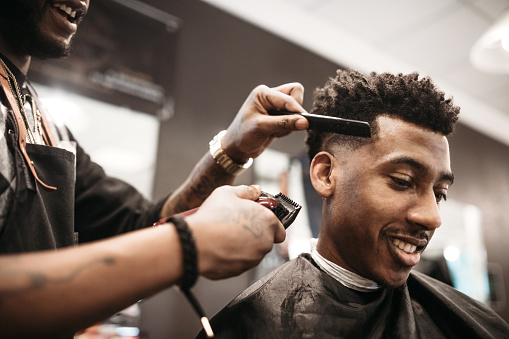
Even if you are not part of a regular writer’s critique style group, just talking over your plot problems with your hairdresser/barber or your next-door neighbor over coffee can trigger ideas in your own brain that only happen as you struggle to explain what the problem is out loud for someone else to understand.
XX
There is also the option of a critique partner(s.) Not just to critique work you’ve already written, but to see holes in  your plot that are going to cause trouble down the road. Or help you dig yourself out of the slump you find yourself in now. your plot that are going to cause trouble down the road. Or help you dig yourself out of the slump you find yourself in now.
XX
This might seem obvious, but a couple other things to consider are: TURN OFF SOCIAL MEDIA, CLOSE YOUR EMAIL APPS and BANISH THE GAMES.
XX
So now that my little lecture is done, check out what these other authors do to get away from a stalled writing funk.
XX
Dr. Bob Rich
Connie Vines
Anne Stenhouse
Diane Bator
A.J. Maguire
Rhobin Courtright
Saturday, April 23 2022
 Round Robin Blog Hop for April 2022: How much reading do you do, both for pleasure and for a work in progress? Round Robin Blog Hop for April 2022: How much reading do you do, both for pleasure and for a work in progress?
XX
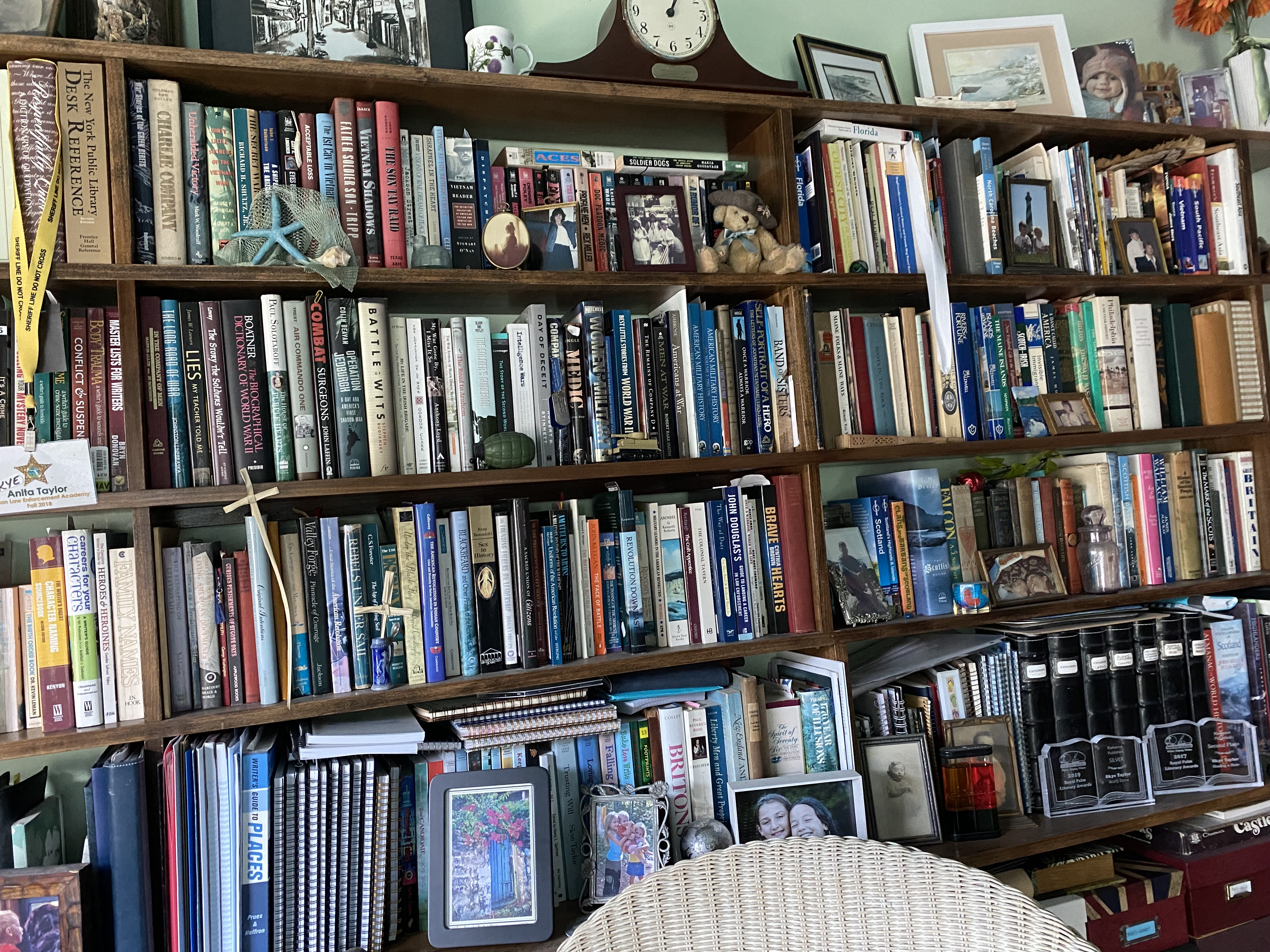 If you were to poke about my wee house, you wouldn’t be asking how MUCH I read, but rather when do I find the time? Even in the bathroom there is a small wood rack my dad built for me to keep reading material handy just in case I might be there long enough. On my bedside table there are several books just in case I finish whatever I was reading and don’t want to get up and look for something else. The end table next to my recliner has a If you were to poke about my wee house, you wouldn’t be asking how MUCH I read, but rather when do I find the time? Even in the bathroom there is a small wood rack my dad built for me to keep reading material handy just in case I might be there long enough. On my bedside table there are several books just in case I finish whatever I was reading and don’t want to get up and look for something else. The end table next to my recliner has a  stack of what I consider my “Read Now” stuff but there are also a couple items on the ottoman and an overflowing magazine rack. And we haven’t even gotten to my library/study. Or the astonishingly long file of yet unread books on my Kindle apps or the almost as long list of audio books on my phone. So, I guess the short answer to the first part of that question is A LOT! stack of what I consider my “Read Now” stuff but there are also a couple items on the ottoman and an overflowing magazine rack. And we haven’t even gotten to my library/study. Or the astonishingly long file of yet unread books on my Kindle apps or the almost as long list of audio books on my phone. So, I guess the short answer to the first part of that question is A LOT!
XX
Most of the places I’ve mentioned are all books for pleasure. But I do a fair amount of reading both for research on a book I’m planning to write and on the craft of writing. All those books are generally in print, many on my bookshelf beside my desk and some from the library. 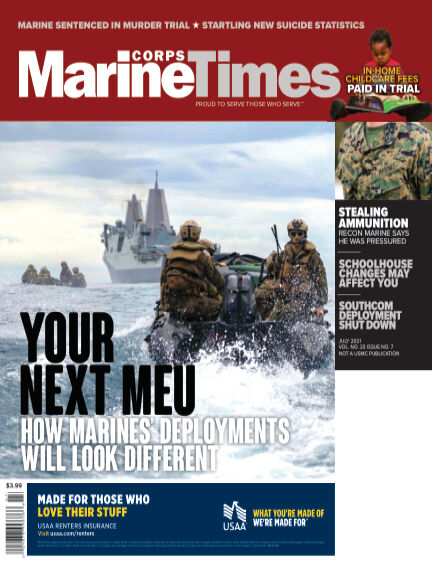 I’ve also been known to subscribe to a periodical just because it is related to something I am writing and just might give me unexpected information I wasn’t aware I needed. I’ve also been known to subscribe to a periodical just because it is related to something I am writing and just might give me unexpected information I wasn’t aware I needed.
XX
When I was writing Healing A Hero I had a subscription to Marine Times, because my hero was an active duty Marine and I needed to know what was going on in the world of Marines at the time. I am a pantser, as I’ve mentioned before, so while I knew how the story ended, there were details I would learn along the way. It was a second chance at love story, and as I wrote, I realized I needed a logical reason why my hero and heroine lost touch fourteen years earlier. In a world of email and cell phones it was hard to come up with a reason that didn’t stretch the imagination so the problem niggled at my mind as I wrote. Then the next issue of the Marine Times arrived and the front page story was of a Navy ship being decommissioned after years of service. Two men, a sailor and a Marine who served aboard her were interviewed and there was my answer! How amazing that this ship had just made port in Brisbane Australia and the Marines given shore leave when the towers in New York were hit on 9/11. The Marine interviewed told of having just ordered up a steak at a bar on main street when MPs from the ship came running through the town ordering all personnel back on board so the ship could leave port immediately. Adding to his story, he revealed that none of the  sailors or Marines on board were allowed to call or email their loved ones because no one was to know where that ship was headed. I had my answer! sailors or Marines on board were allowed to call or email their loved ones because no one was to know where that ship was headed. I had my answer!
XX
Sometimes my research is historical in nature. I grew up near Boston and spent many hours poking about the historic sites, but even so, when I was writing Iain’s Plaid, I needed to find details that aren’t the stuff of legend. So, I spent more time IN the  city exploring, but also reading a variety of sources including journals and letters from the day, written by men and women on both sides of the coming conflict (1775.) When writing The Candidate, I delved into research on our involvement in Vietnam to learn just what it might have been like for my protagonist, Matt Steele, both to be there, to city exploring, but also reading a variety of sources including journals and letters from the day, written by men and women on both sides of the coming conflict (1775.) When writing The Candidate, I delved into research on our involvement in Vietnam to learn just what it might have been like for my protagonist, Matt Steele, both to be there, to  witness the fall of the embassy and his re-entry into our less than welcoming country at the time. To get the feel of a historical setting, it’s not enough to just know the history, but a writer needs to have a grasp of the minute details of daily life; like what they ate, and how they dressed and even the way they spoke. It takes patient reading to learn all this stuff. witness the fall of the embassy and his re-entry into our less than welcoming country at the time. To get the feel of a historical setting, it’s not enough to just know the history, but a writer needs to have a grasp of the minute details of daily life; like what they ate, and how they dressed and even the way they spoke. It takes patient reading to learn all this stuff.
XX
 When we all began to write, we were given the wise advice to “write what you know.” Which is a fine way to begin and depending on genre doesn’t take a lot of research. If you’re writing a romance and your heroine is a teacher and you spent the last 20 years teaching, you probably don’t have to research much. I’m not saying John Grisham didn’t do his research, but he was a lawyer for a decade and a state representative for another decade so he had tons of personal knowledge and insider info to base his best-selling courtroom dramas on. But for most of us, we eventually When we all began to write, we were given the wise advice to “write what you know.” Which is a fine way to begin and depending on genre doesn’t take a lot of research. If you’re writing a romance and your heroine is a teacher and you spent the last 20 years teaching, you probably don’t have to research much. I’m not saying John Grisham didn’t do his research, but he was a lawyer for a decade and a state representative for another decade so he had tons of personal knowledge and insider info to base his best-selling courtroom dramas on. But for most of us, we eventually  wear out the personal knowledge we have and start looking for other careers and lifestyles for our heroes and heroines. And so the research begins again. We can’t all be in law enforcement, or work in hospitals, fight wars, spy on foreign governments or wear chaps and ride the range, so we research which means more reading. A LOT more reading. Some authors end up so in love with all their research they turn a 300 page story into a 900 page novel, but for most of us, it means taking copious notes from dozens of sources and then cherry-picking the best of the details to make our stories come alive and feel real. wear out the personal knowledge we have and start looking for other careers and lifestyles for our heroes and heroines. And so the research begins again. We can’t all be in law enforcement, or work in hospitals, fight wars, spy on foreign governments or wear chaps and ride the range, so we research which means more reading. A LOT more reading. Some authors end up so in love with all their research they turn a 300 page story into a 900 page novel, but for most of us, it means taking copious notes from dozens of sources and then cherry-picking the best of the details to make our stories come alive and feel real.
XX
 So, for me, the answer is lots and lots of reading. In addition to reading for pleasure and reading for research, I also beta read for others and I’ve judged for contests. I critique other authors as well and all that takes a big chunk of time spent reading. And then there’s the news. I don’t trust the media very much, especially not what is presented on the television which, seems today to be chosen more for the shock and awe factor or to sway people to one point of view or another. So, I read a variety of sources to find out what is really going on in my world. I read sources that give me all the facts and let me decide how I feel about it rather than simply taking what I’m told as gospel. I also like to read opposing opinion essays to compare with what I’ve already learned. So, for me, the answer is lots and lots of reading. In addition to reading for pleasure and reading for research, I also beta read for others and I’ve judged for contests. I critique other authors as well and all that takes a big chunk of time spent reading. And then there’s the news. I don’t trust the media very much, especially not what is presented on the television which, seems today to be chosen more for the shock and awe factor or to sway people to one point of view or another. So, I read a variety of sources to find out what is really going on in my world. I read sources that give me all the facts and let me decide how I feel about it rather than simply taking what I’m told as gospel. I also like to read opposing opinion essays to compare with what I’ve already learned.
XX
Good thing I like to read … huh?
XX
 Hop on over and find out what these authors think about reading….for pleasure or research. Hop on over and find out what these authors think about reading….for pleasure or research.
XX
Marci Baun
Connie Vines
Helena Fairfax
Diane Bator
Dr. Bob Rich
Rhobin L Courtright
Saturday, March 19 2022
Our Round Robin Blog Hop for March 2022 asks: What messages do your books give your readers?
xx

My books don’t start out with a message – at least not consciously, but by the time I’ve arrived at the end, there usually is a message to be taken away. In my Camerons of Tide’s Way contemporary romance series, each book is a love story and like all romances, they feature the “happy ever after” expected in a romance. In order to arrive at that HEA the hero and heroine need to overcome whatever the conflict that kept them apart at the start, so it kind of depends on the conflict, what the message is.
XX
 In some romances, that conflict might be overcoming a racial or social divide (the prince and the pauper, or a mixed race or religion.) In ages past those barriers were never crossed, but in today’s world they frequently are, so stories featuring these types of issues forces the hero and heroine to see beyond the confines of their own social set to the strengths and good points of someone else who grew up different. The general lesson learned would be to approach life and new people without bias or prejudice. In some romances, that conflict might be overcoming a racial or social divide (the prince and the pauper, or a mixed race or religion.) In ages past those barriers were never crossed, but in today’s world they frequently are, so stories featuring these types of issues forces the hero and heroine to see beyond the confines of their own social set to the strengths and good points of someone else who grew up different. The general lesson learned would be to approach life and new people without bias or prejudice.
XX
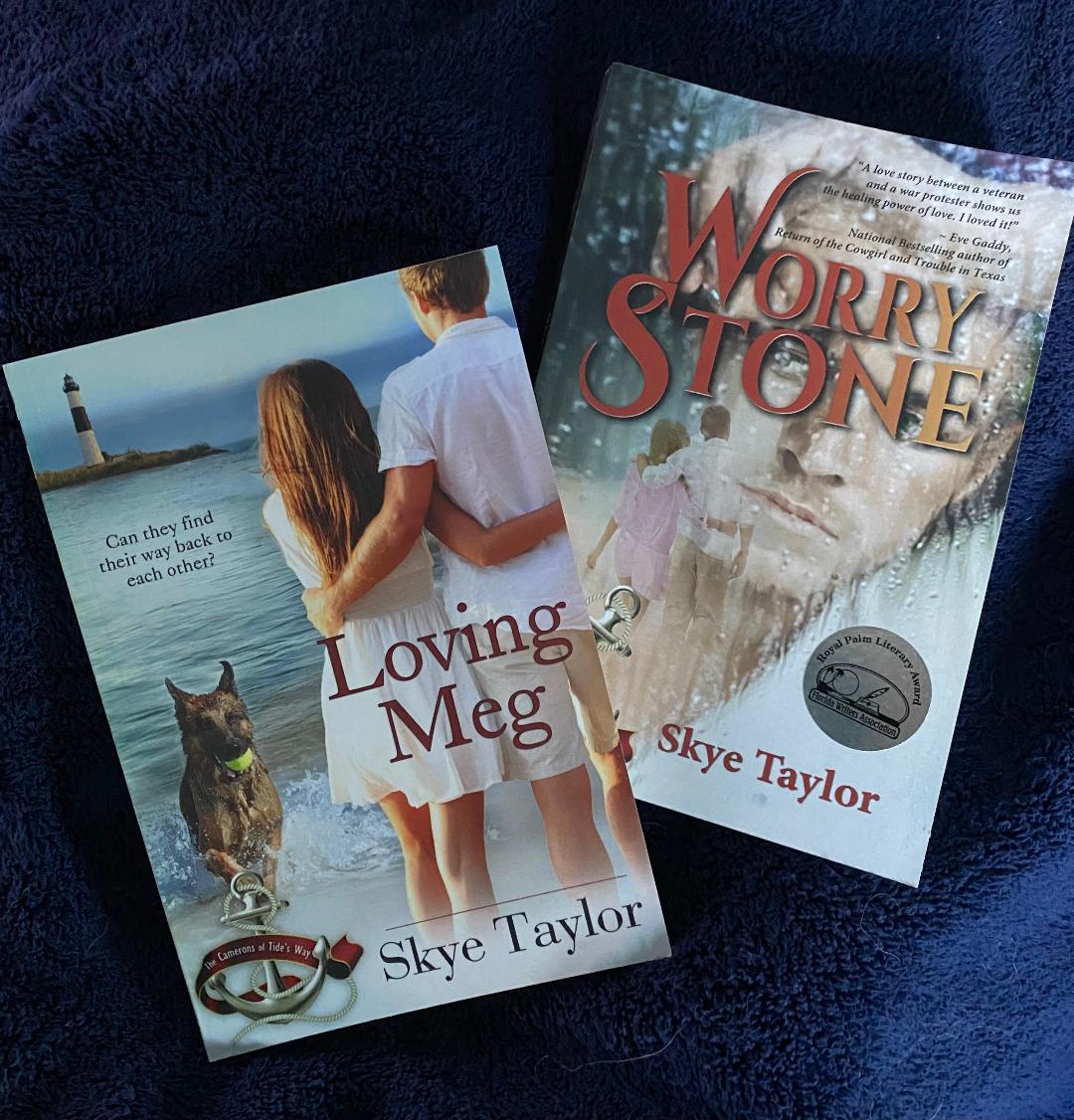 In my Tide’s Way books, the heroes and heroines don’t face societal divides and each story had a different lesson. In Trusting Will, Brianna had to find trust and learn to love again in spite of having given her heart to a soldier who had been killed in action. In Loving Meg and Worry Stone, the main characters returned from a war and had to find their way back to life as a civilian. Both struggled with the nightmares and guilt and eventually learned the lesson that healing begins when you finally reach out for help. In Loving Meg, that reaching out was to a dog. Usually it’s a trained service dog that helps a soldier to heal, but in this story, the dog had his issues, a police K-9 who lost his partner in the line of duty. Meg and Kip ended up healing each other. In Worry Stone there were two lessons to be learned. Sandy learned that no matter how much she loved Cam, she couldn’t fix his problems and Cam finally came to that place where he knew he had to reach out to others who’d been where he was and understood his issues. And in reaching out, he found healing. Both stories were also a lesson for the reader who might never have considered the toll war takes on the human mind and heart, or what is means for soldiers to put their lives on the line for an ideal like freedom. In my Tide’s Way books, the heroes and heroines don’t face societal divides and each story had a different lesson. In Trusting Will, Brianna had to find trust and learn to love again in spite of having given her heart to a soldier who had been killed in action. In Loving Meg and Worry Stone, the main characters returned from a war and had to find their way back to life as a civilian. Both struggled with the nightmares and guilt and eventually learned the lesson that healing begins when you finally reach out for help. In Loving Meg, that reaching out was to a dog. Usually it’s a trained service dog that helps a soldier to heal, but in this story, the dog had his issues, a police K-9 who lost his partner in the line of duty. Meg and Kip ended up healing each other. In Worry Stone there were two lessons to be learned. Sandy learned that no matter how much she loved Cam, she couldn’t fix his problems and Cam finally came to that place where he knew he had to reach out to others who’d been where he was and understood his issues. And in reaching out, he found healing. Both stories were also a lesson for the reader who might never have considered the toll war takes on the human mind and heart, or what is means for soldiers to put their lives on the line for an ideal like freedom.
XX
 In Keeping His Promise, Kate Cameron Shaw has a “Not-in-my-backyard” attitude toward a good program aimed at helping unfortunate men who got a lousy start in life. The hero, a cop, is in favor of the program, but regardless of her feelings for him, she’s still staunchly against it. Until she meets a man who’s been there, done that, who shares just how close he was to taking his own life in despair with Kate. Kate opened her mind and listened and learned something even those she loved couldn’t teach her. The lesson here is to keep your mind open. Don’t judge others until you’ve learned both sides of the story. A willingness to see both sides of an issue is a lesson we all could take to heart in the current heated and often vitriolic world we live in. Find out all the facts before making up your mind. Don’t let social media or close-minded sources make your decisions for you. Be willing to do your own research and learn new things. Be willing to be flexible and to compromise. Good things happen when we all work together to make things better. In Keeping His Promise, Kate Cameron Shaw has a “Not-in-my-backyard” attitude toward a good program aimed at helping unfortunate men who got a lousy start in life. The hero, a cop, is in favor of the program, but regardless of her feelings for him, she’s still staunchly against it. Until she meets a man who’s been there, done that, who shares just how close he was to taking his own life in despair with Kate. Kate opened her mind and listened and learned something even those she loved couldn’t teach her. The lesson here is to keep your mind open. Don’t judge others until you’ve learned both sides of the story. A willingness to see both sides of an issue is a lesson we all could take to heart in the current heated and often vitriolic world we live in. Find out all the facts before making up your mind. Don’t let social media or close-minded sources make your decisions for you. Be willing to do your own research and learn new things. Be willing to be flexible and to compromise. Good things happen when we all work together to make things better. 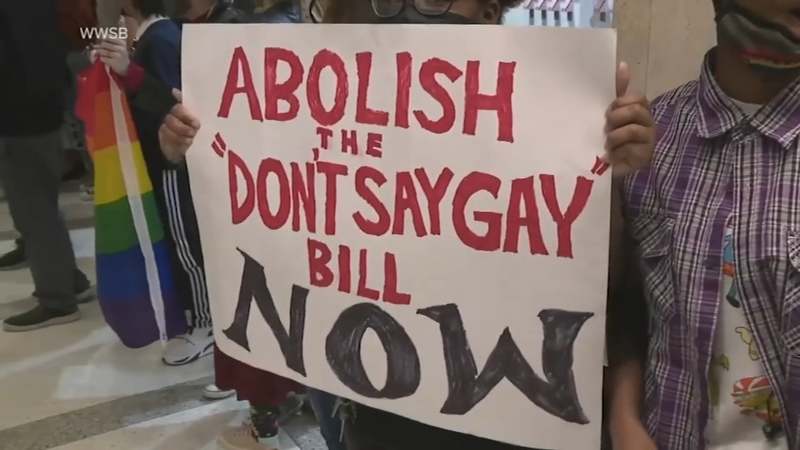 A very current example is the newly passed Florida law that the media has dubbed “Don’t Say Gay” and has convinced much of the public to believe that it is an anti-LGBT law. What the law DOES say is that gender identity cannot be taught before grade 4 and thereafter must be presented in age appropriate ways. It also forces the schools to allow parents access to records kept by the schools regarding their own children. My character, Kate, might have been swayed by that media slogan that has become a strident chant and never found out what the bill really included, just like she was dead set against having a second-chance house for men being released from jail in her town until she met a man who had been in that situation and turned his life around because someone gave him a second chance. A very current example is the newly passed Florida law that the media has dubbed “Don’t Say Gay” and has convinced much of the public to believe that it is an anti-LGBT law. What the law DOES say is that gender identity cannot be taught before grade 4 and thereafter must be presented in age appropriate ways. It also forces the schools to allow parents access to records kept by the schools regarding their own children. My character, Kate, might have been swayed by that media slogan that has become a strident chant and never found out what the bill really included, just like she was dead set against having a second-chance house for men being released from jail in her town until she met a man who had been in that situation and turned his life around because someone gave him a second chance.
XX
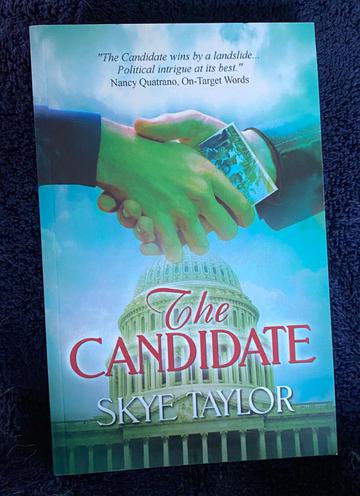 In my mainstream, The Candidate, Matt Steele is in a close race for the White House with two equally likely opponents. All three men have secrets, some from the past, that suddenly become a problem in the present. Each man is faced with the decision to keep the knowledge to himself, or to be up front with it and let the voting public decide if he is the man they trust to lead them. While I know it’s unrealistic, given todays’ politics, I wanted my hero to be the better man. I wanted him to struggle over that decision. So, I guess the take-away is that honesty, as we were taught as kids, is always the best policy. In my mainstream, The Candidate, Matt Steele is in a close race for the White House with two equally likely opponents. All three men have secrets, some from the past, that suddenly become a problem in the present. Each man is faced with the decision to keep the knowledge to himself, or to be up front with it and let the voting public decide if he is the man they trust to lead them. While I know it’s unrealistic, given todays’ politics, I wanted my hero to be the better man. I wanted him to struggle over that decision. So, I guess the take-away is that honesty, as we were taught as kids, is always the best policy.
xx
All my stories have some lesson in them, maybe not the main theme of the book, but a lesson none the less. Life itself is a constant challenge to grow and learn, and the stories we read can be the same. Life can crush you if you let it, or you can dig in, learn from your own mistakes and those of others, find courage, strength and the will to overcome. Life, love, sacrifice, peace and blessings are all priceless and worth striving toward. Those are lessons we can learn even when the teachers are fictional characters in a story.
XX
Here’s a take on the question by other writers in this Round Robin Blog Hop:
XX
Marci Baun
Connie Vines
Diane Bator
Dr. Bob Rich
Helena Fairfax
Robin Courtright
Saturday, February 19 2022
This month our Round Robin Blog Hop asks us to describe a flawed character we might use as a heroine or hero in a story. How did they become so flawed? How might their flaws affect the story and what will happen to them?
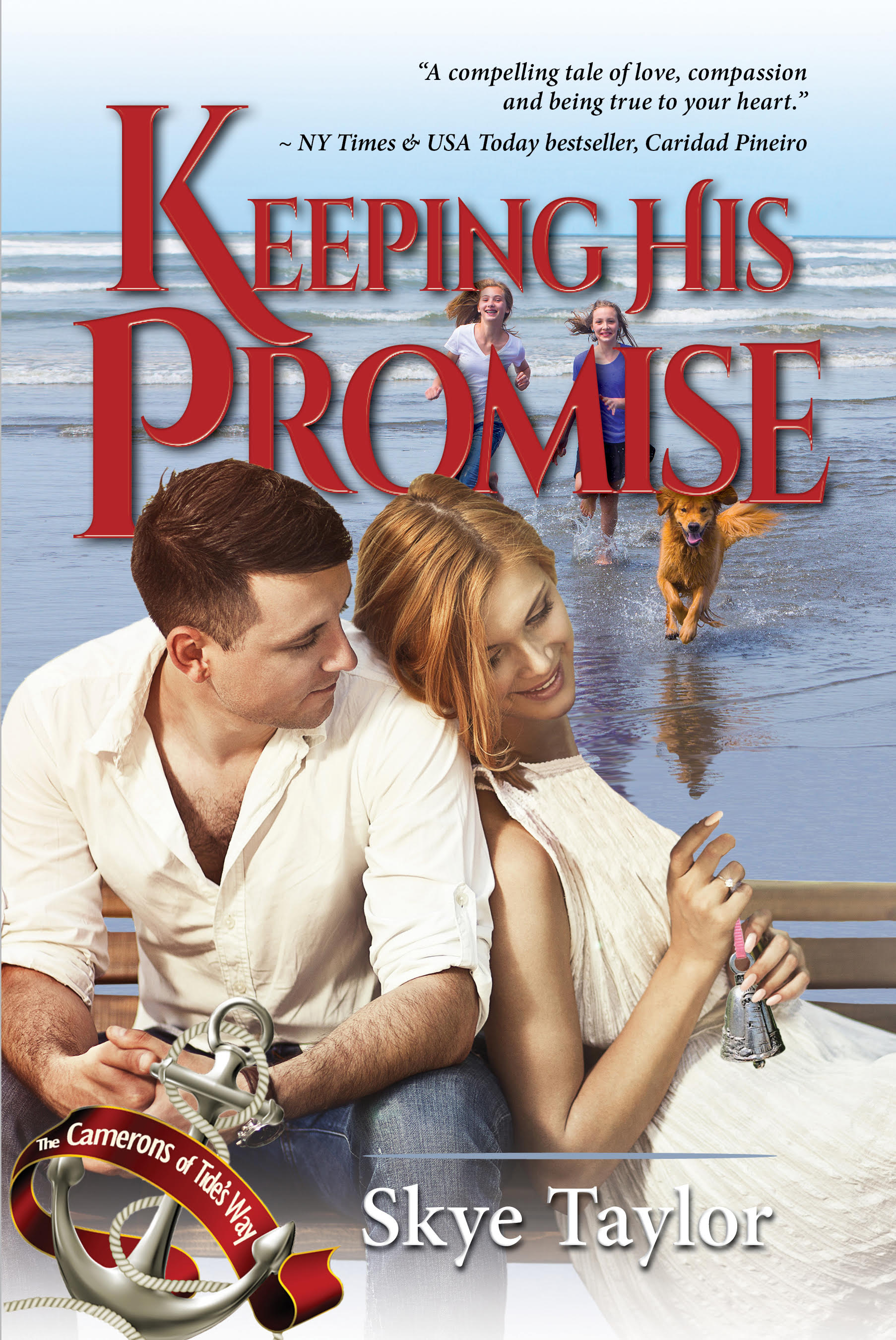 XX XX
A few years back, when I was writing book 5 in my Tide’s Way series I was about two thirds of the way through the book when a character I’d never planned on walked onto the scene, sat down, introduced himself and captured my interest. Not just because he filled a vital role I’d not anticipated when I began writing that book, but because he personally was interesting. As I’ve mentioned before, I’m a seat of your pants kind of writer. I usually don’t have a well-drawn plot, but I do have all my characters well defined with detailed backstories and clear goals, understandable motivation and frustrating conflicts. But this time I’d come to realize I’d missed someone. I just didn’t know who that someone was.
XX
 One of my secondary characters was running for Mayor of Tide’s Way and part of her platform included a plan for an old run-down plantation property left to the town in the will of the last family member. She wanted to turn it into a halfway house for young men who’d gotten on the wrong side of the law, done their time and wanted to put their lives back on track but had no resources to do so. My heroine was a reporter with a “not in my neighborhood” mentality about this project. My hero was a town cop who thought the idea was excellent and he’d thrown his support behind it. One of my secondary characters was running for Mayor of Tide’s Way and part of her platform included a plan for an old run-down plantation property left to the town in the will of the last family member. She wanted to turn it into a halfway house for young men who’d gotten on the wrong side of the law, done their time and wanted to put their lives back on track but had no resources to do so. My heroine was a reporter with a “not in my neighborhood” mentality about this project. My hero was a town cop who thought the idea was excellent and he’d thrown his support behind it.
XX
Since this was a romance, I knew I needed something to happen to change my heroine’s mind, so one afternoon, the mayoral candidate invited my heroine to her home to meet someone. That someone was the man she proposed to put in charge of this new halfway house project.
XX
And just like that, Lucas Trevlyn was born.
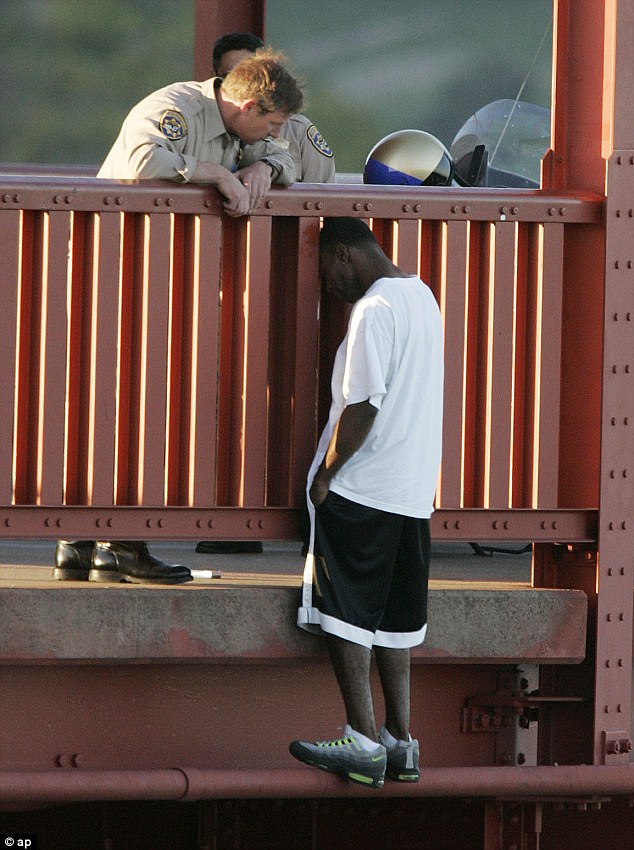 XX XX
Barely thinking about it, I sat down and started writing Lucas’ back-story. Turns out, he’d been standing on the wrong side of the railing on a bridge over a highway trying to screw up the courage to jump and put an end to the life he felt he’d totally screwed up when an off-duty cop saw him and stopped to suggest there might be another answer to his problems. As if he had all afternoon and nowhere to go, the cop leaned back against the railing and invited Lucas to share his story.
XX
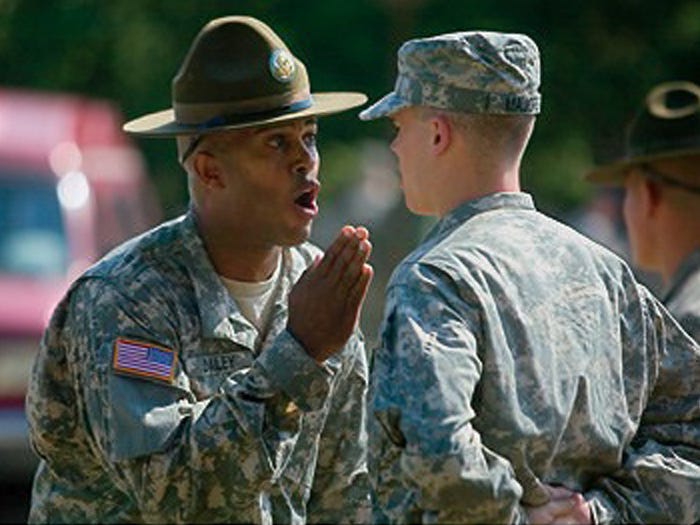 Lucas had been a good kid growing up, an average student, and a decent athlete, who, on graduating high school, put up his right hand and swore an oath to defend his country. He’d been a good soldier, too. Rising to the rank of Sergeant, put in charge of other men and excelling at it. He soldiered valiantly until his hitch was up, but by then he’d seen enough of war and just wanted to go back to being the carefree young man he’d been before he became a soldier. Lucas had been a good kid growing up, an average student, and a decent athlete, who, on graduating high school, put up his right hand and swore an oath to defend his country. He’d been a good soldier, too. Rising to the rank of Sergeant, put in charge of other men and excelling at it. He soldiered valiantly until his hitch was up, but by then he’d seen enough of war and just wanted to go back to being the carefree young man he’d been before he became a soldier.
XX
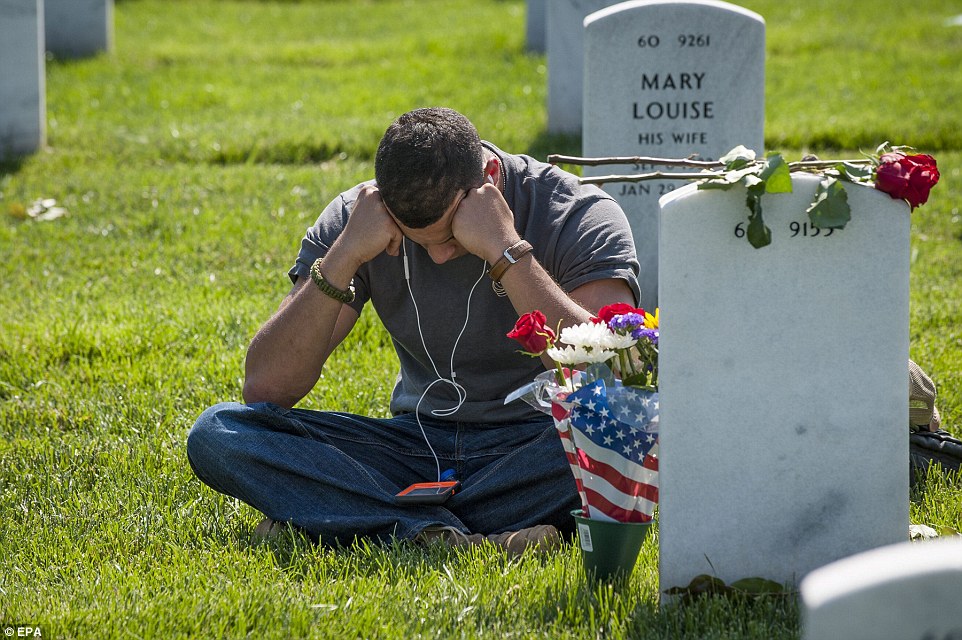 Except there was no going back. Lucas had seen too much, experienced nightmares he couldn’t live with, felt despair he couldn’t overcome, and he turned to alcohol. He got into brawls, and eventually got tossed into jail where he should have sobered up, but instead was introduced to drugs by fellow inmates and corrupt wardens. He ended up stealing to support his new habit when he got out and it wasn’t long before he was back behind bars. During that second stint, his parents were killed in a car accident and their home, mortgaged to pay for his lawyer’s fees was sold. He didn’t get to go to their funeral or say goodbye and when he got out the second time he’d hit bottom, which is how he ended up standing on that bridge ready to end it once and for all. Until Officer Montgomery showed up. Except there was no going back. Lucas had seen too much, experienced nightmares he couldn’t live with, felt despair he couldn’t overcome, and he turned to alcohol. He got into brawls, and eventually got tossed into jail where he should have sobered up, but instead was introduced to drugs by fellow inmates and corrupt wardens. He ended up stealing to support his new habit when he got out and it wasn’t long before he was back behind bars. During that second stint, his parents were killed in a car accident and their home, mortgaged to pay for his lawyer’s fees was sold. He didn’t get to go to their funeral or say goodbye and when he got out the second time he’d hit bottom, which is how he ended up standing on that bridge ready to end it once and for all. Until Officer Montgomery showed up.
XX
 With Sam Montgomery’s support and encouragement, Lucas stayed clean, went to college, got his degree and turned his life around. Now he devoted his energy to counseling teens on the verge of trouble. That, and the reputation he’d made for dealing with men, sometimes belligerent men, while he was in the Army and as a bouncer at a night club while he was in college was what recommended him to this woman running for mayor as the perfect candidate to manage her halfway house project. This was the young man who walked into her well-appointed parlor, dressed in neatly creased slacks and a jacket, with a fashionable haircut, impeccable manners and engaging smile. With Sam Montgomery’s support and encouragement, Lucas stayed clean, went to college, got his degree and turned his life around. Now he devoted his energy to counseling teens on the verge of trouble. That, and the reputation he’d made for dealing with men, sometimes belligerent men, while he was in the Army and as a bouncer at a night club while he was in college was what recommended him to this woman running for mayor as the perfect candidate to manage her halfway house project. This was the young man who walked into her well-appointed parlor, dressed in neatly creased slacks and a jacket, with a fashionable haircut, impeccable manners and engaging smile.
XX
I knew, even as I was finishing that book, my heroine completely won over by Lucas, that I wanted Lucas to be the hero of a future book in that series. I wanted him to have his happy-ever-after, to excel at this new opportunity and find his soul mate while I was at it. That story is currently in the brainstorming phase, and it’s next up when I finish the  two I’m working on currently. two I’m working on currently.
XX
Lucas is or was a very flawed character with a solid and very current back-story to support his downfall and a valiant struggle to overcome. He can still be tempted, but rather than fail as he once did, he’ll overcome and his past failings will provide him with understanding and wisdom as he helps these new young men to find their way back to successful, productive lives. I look forward to writing Lucas’ story and I hope my readers will find him as compelling as I do.
XX
 But in the meantime, perhaps you can hop on over to see what these other authors have done with flawed characters, what kind of men and women are they and how are going to fare. But in the meantime, perhaps you can hop on over to see what these other authors have done with flawed characters, what kind of men and women are they and how are going to fare.
XX
Dr. Bob Rich
Marci Baun
Connie Vines
Anne Stenhouse
Diane Bator
Rhobin L Courtright
Fiona McGier
Saturday, January 22 2022
For our January Blog Hop, the question is:
How are you dealing with the COVID pandemic in your contemporary novels/short stories? Not as a political statement or polarizing pro/con mask stance, but the way the COVD virus effects the day-to-day lives of your characters and appears within the story’s plot line?
XX
 Since I haven’t missed a Round Robin Blog Hop post to date and didn’t want to start now, I’m here, but it’ll be short. Because I haven’t included Covid-19 in my stories. Partly this is due to the fact I’d already begun work on book two in my mystery series and the plot didn’t lend itself to including this monkey wrench in life. Partly because I was also plotting book 7 in my romance series and I think it would add a tremendous challenge to create a love story with all the isolation, masks and standing 6 feet apart going on. Since I haven’t missed a Round Robin Blog Hop post to date and didn’t want to start now, I’m here, but it’ll be short. Because I haven’t included Covid-19 in my stories. Partly this is due to the fact I’d already begun work on book two in my mystery series and the plot didn’t lend itself to including this monkey wrench in life. Partly because I was also plotting book 7 in my romance series and I think it would add a tremendous challenge to create a love story with all the isolation, masks and standing 6 feet apart going on.
XX
 But there’s another reason I chose not to include this in my newest effort. One of my best stories ever, a book that eventually won the Silver award in the Royal Palm Literary Awards a few years ago, was set in the early 1970s and a good portion of the conflict involved a Marine returning from Vietnam. I pitched it to an editor some years earlier and she loved the story and the characters but thought the Vietnam era would be a non-starter and she wanted me to move it up to the current wars in the Middle East. (I picture the woman wearing beads, flowers in her hair, protesting the war back in the day.) Anyway, as I pointed out to her, today we don’t treat our returning soldiers as disgracefully as we did in the 70s. I couldn’t just change the war without changing much of the book or the hero’s conflicts. Another editor who liked the book, the premise and the characters, felt that focusing on that war would date the book. But there’s another reason I chose not to include this in my newest effort. One of my best stories ever, a book that eventually won the Silver award in the Royal Palm Literary Awards a few years ago, was set in the early 1970s and a good portion of the conflict involved a Marine returning from Vietnam. I pitched it to an editor some years earlier and she loved the story and the characters but thought the Vietnam era would be a non-starter and she wanted me to move it up to the current wars in the Middle East. (I picture the woman wearing beads, flowers in her hair, protesting the war back in the day.) Anyway, as I pointed out to her, today we don’t treat our returning soldiers as disgracefully as we did in the 70s. I couldn’t just change the war without changing much of the book or the hero’s conflicts. Another editor who liked the book, the premise and the characters, felt that focusing on that war would date the book.
XX
  I have a feeling including Covid-19 with all the restrictions and fallout from the pandemic would meet a similar stone wall. Has anyone read and enjoyed a book set during the Flu pandemic of 1918-1919 that ended up killing over 50 million people world-wide? I certainly haven’t even though I do enjoy books set in historical times and even during earlier wartimes. Living with this pandemic as a part of our every-day life is troubling enough, and don’t we, in part, read to escape the same old, same old of daily life? So, I have chosen to ignore Covid-19 in my stories. Some of my books have had to fit into a timeline, but the ones I am currently writing do not so I’ve chosen not to anchor them to the troubling years of this pandemic. I have a feeling including Covid-19 with all the restrictions and fallout from the pandemic would meet a similar stone wall. Has anyone read and enjoyed a book set during the Flu pandemic of 1918-1919 that ended up killing over 50 million people world-wide? I certainly haven’t even though I do enjoy books set in historical times and even during earlier wartimes. Living with this pandemic as a part of our every-day life is troubling enough, and don’t we, in part, read to escape the same old, same old of daily life? So, I have chosen to ignore Covid-19 in my stories. Some of my books have had to fit into a timeline, but the ones I am currently writing do not so I’ve chosen not to anchor them to the troubling years of this pandemic.
XX
But other authors probably have very different feelings about this so, why not drop in and see how they have dealt with the issue?
XX
 Connie Vines Connie Vines
Anne Stenhouse
Marci Baun
Diane Bator
Dr. Bob Rich
Judith Copek
Robin Courtright
Helena Fairfax
Saturday, December 18 2021
This month's Round Robin Blog asks the question: How do your family experiences translate into writing scenes?
XX
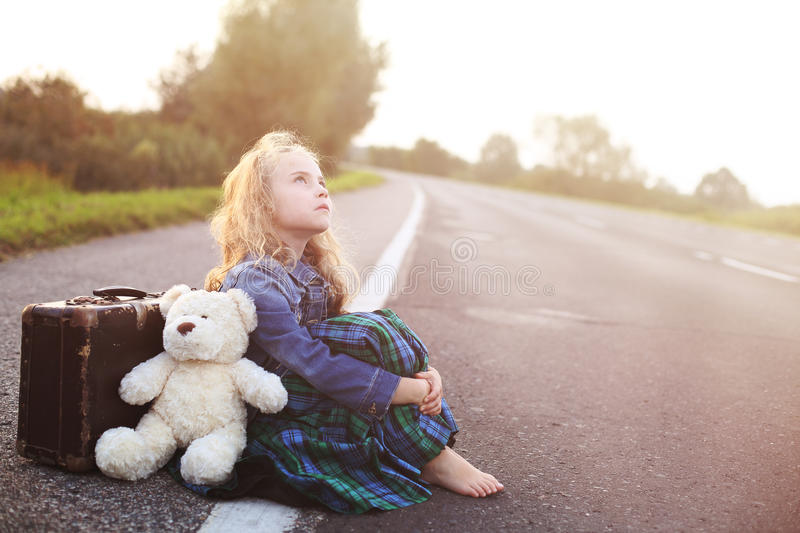 Unless you’re an orphan, the family you grew up with is bound to find its way into your writing unless your protagonist is another Jack Reacher, but even he had family that after several successful books suddenly started appearing in the later tales. For that matter, anyone who’s unlucky enough to be an orphan would have foster family experiences to color their view, either good or bad. So, it’s safe to say that for all authors, family has to influence their writing to some degree. Unless you’re an orphan, the family you grew up with is bound to find its way into your writing unless your protagonist is another Jack Reacher, but even he had family that after several successful books suddenly started appearing in the later tales. For that matter, anyone who’s unlucky enough to be an orphan would have foster family experiences to color their view, either good or bad. So, it’s safe to say that for all authors, family has to influence their writing to some degree.
XX
 For those who grew up with no family or a very dysfunctional one, there is likely to be negative family influence, or sadness that everyone else has family but your character does not. But for most of us, there will be our experiences with both parents and siblings that color the way we look at the world. Family adds a haven for most, where your character can go to for shelter and support. For others, it might be always being compared unfavorably to a sibling, or held to unattainable standards. The social strata a writer grew up in is another thing that can influence their writing: from the uber wealthy or the gutter poor. The way a character approaches the world and the challenges it presents will be different for those who never experienced hunger than those who bore the indignity of school lunches paid by charity or government funds. Having siblings or not is another sure influence in a writer’s way of getting things done. For those who grew up with no family or a very dysfunctional one, there is likely to be negative family influence, or sadness that everyone else has family but your character does not. But for most of us, there will be our experiences with both parents and siblings that color the way we look at the world. Family adds a haven for most, where your character can go to for shelter and support. For others, it might be always being compared unfavorably to a sibling, or held to unattainable standards. The social strata a writer grew up in is another thing that can influence their writing: from the uber wealthy or the gutter poor. The way a character approaches the world and the challenges it presents will be different for those who never experienced hunger than those who bore the indignity of school lunches paid by charity or government funds. Having siblings or not is another sure influence in a writer’s way of getting things done.
XX
 Leave It To Beaver pretty much mirrors how I grew up: a dad who went off to work every day and a mother who didn’t. Middle class parents who were diligent about saving for their future and their kids futures, paying the mortgage and bills on time, making sure my siblings and I were well fed and clothed. And always keeping track of who we hung out with, our school work and also attended any sports or other activities we participated in. While my parents cared for us, they didn’t coddle us either. We were expected to take responsibility for our schoolwork and chores and if we made poor choices or engaged in dangerous or unacceptable activities we had to accept the bad that came with them, and do whatever was in our power to fix things ourselves before our parents stepped in. But some writers had alcoholic parents, or missing parents. Some had no siblings, or they had abusive ones. Leave It To Beaver pretty much mirrors how I grew up: a dad who went off to work every day and a mother who didn’t. Middle class parents who were diligent about saving for their future and their kids futures, paying the mortgage and bills on time, making sure my siblings and I were well fed and clothed. And always keeping track of who we hung out with, our school work and also attended any sports or other activities we participated in. While my parents cared for us, they didn’t coddle us either. We were expected to take responsibility for our schoolwork and chores and if we made poor choices or engaged in dangerous or unacceptable activities we had to accept the bad that came with them, and do whatever was in our power to fix things ourselves before our parents stepped in. But some writers had alcoholic parents, or missing parents. Some had no siblings, or they had abusive ones.  Being the oldest is different from being the youngest or middle child. And some had closer relationships with grandparents who stepped in to care for those who had two parents working (which is far more common with younger writers, than my generation.) Being the oldest is different from being the youngest or middle child. And some had closer relationships with grandparents who stepped in to care for those who had two parents working (which is far more common with younger writers, than my generation.)
XX
But everyone grows up and many writers are parents themselves. How they relate to their kids and organize their work schedules and parenting responsibilities has to influence the characters they create on paper. Even being single or childless will have some bearing on the characters a writer peoples their stories with.
XX
 In addition to being a typical first child in a typical middle-class family growing up in the 50s and 60s, I married, had 4 children and became a widow while the youngest two were still in school. So, it’s difficult (but not impossible) for me to write a character who has never been any of those things. I simply cannot imagine the life of a billionaire, or a drug addict. Like anything else, those experiences can be researched and getting the emotions and feelings of a person who lives a very different life is doable, but if you’ve “been there, done that” you don’t have to wonder what it’s like or spend a lot of time thinking about how you would respond to In addition to being a typical first child in a typical middle-class family growing up in the 50s and 60s, I married, had 4 children and became a widow while the youngest two were still in school. So, it’s difficult (but not impossible) for me to write a character who has never been any of those things. I simply cannot imagine the life of a billionaire, or a drug addict. Like anything else, those experiences can be researched and getting the emotions and feelings of a person who lives a very different life is doable, but if you’ve “been there, done that” you don’t have to wonder what it’s like or spend a lot of time thinking about how you would respond to 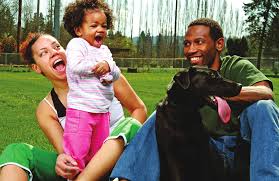 everyday life, and can focus more on the challenges and conflict in the story you are writing. As an example, you can include a dog, or parrot in your story, but the actions and reactions of a pooch or chatty bird won’t come naturally as you write if you’ve never lived with a pet. The animal’s presence won’t flow naturally into the life of your hero if they haven’t been a part of yours. The tiny nuances of life with a family won’t be something you know in your gut as you’re writing and if you’re including family life you personally haven’t ever experienced, it’s another thing you’re going to have to spend a lot of time and effort researching. It’s just easier for a writer to make their main characters people who’ve come from a similar background. everyday life, and can focus more on the challenges and conflict in the story you are writing. As an example, you can include a dog, or parrot in your story, but the actions and reactions of a pooch or chatty bird won’t come naturally as you write if you’ve never lived with a pet. The animal’s presence won’t flow naturally into the life of your hero if they haven’t been a part of yours. The tiny nuances of life with a family won’t be something you know in your gut as you’re writing and if you’re including family life you personally haven’t ever experienced, it’s another thing you’re going to have to spend a lot of time and effort researching. It’s just easier for a writer to make their main characters people who’ve come from a similar background.
XX
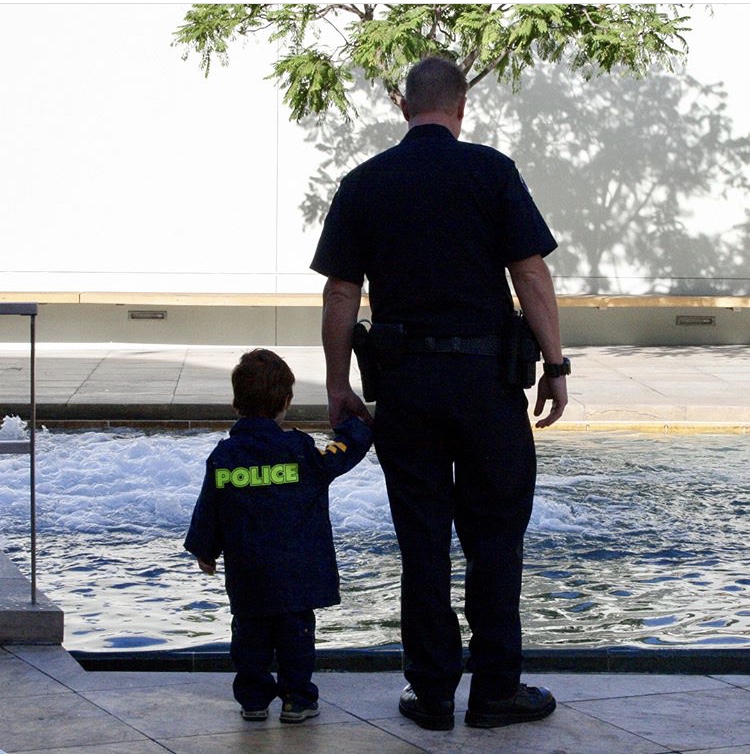 But family experiences could translate into a writer’s fictional world in direct opposition. If your mother was totally focused on being someone important in the working world, almost never there for the big things in your life, you might want to create a character who had all the things you didn’t have. So, you borrow from someone else’s life. If your dad was a policeman and you spent every day worrying about his safety, you might want to create a father who taught high school math, or was an investment broker. Eventually, though, unless you are writing for Hallmark or Harlequin, you are going to have to branch out and include things you are less familiar with. Otherwise your books and characters will become cookie cutter shapes, so be wary of making all your characters similar to the ones you grew up with. But family experiences could translate into a writer’s fictional world in direct opposition. If your mother was totally focused on being someone important in the working world, almost never there for the big things in your life, you might want to create a character who had all the things you didn’t have. So, you borrow from someone else’s life. If your dad was a policeman and you spent every day worrying about his safety, you might want to create a father who taught high school math, or was an investment broker. Eventually, though, unless you are writing for Hallmark or Harlequin, you are going to have to branch out and include things you are less familiar with. Otherwise your books and characters will become cookie cutter shapes, so be wary of making all your characters similar to the ones you grew up with.
XX
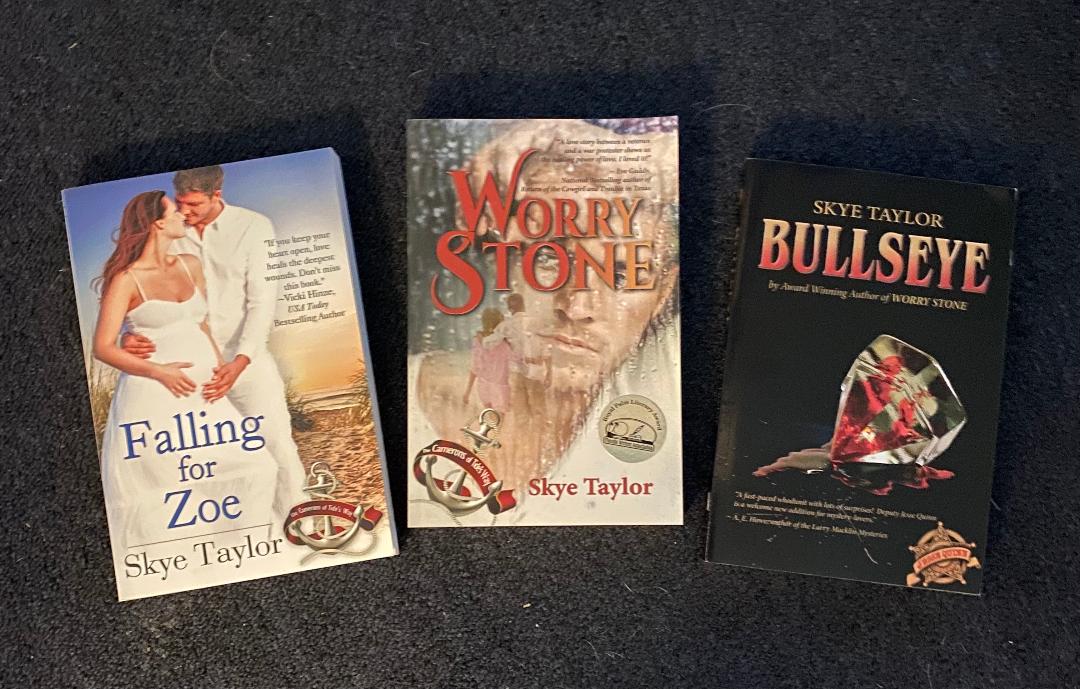 In my own stories, hints if not outright events from my family life have appeared. My mother had Alzheimer’s so my character Jake in Falling for Zoe had a mother-in-law stricken with the ailment and things she did and said were very much mirrors to the events in my own mother’s life. My brother served in Vietnam and struggled with the UNwelcome home he suffered after his time at war. He graciously and I might add, bravely, relived some of those experiences for me when I was writing Worry Stone. Jesse Quinn, in Bullseye, is a mother with teenagers, a son who’s her defender and a daughter who thinks mom is clueless. It was easy to write that side of her life because I’ve been there, done that. Her life as a sheriff’s deputy not so much. I had to do a lot of interviewing with female deputies to find out how they integrate that life commitment into the rest of their world. In my own stories, hints if not outright events from my family life have appeared. My mother had Alzheimer’s so my character Jake in Falling for Zoe had a mother-in-law stricken with the ailment and things she did and said were very much mirrors to the events in my own mother’s life. My brother served in Vietnam and struggled with the UNwelcome home he suffered after his time at war. He graciously and I might add, bravely, relived some of those experiences for me when I was writing Worry Stone. Jesse Quinn, in Bullseye, is a mother with teenagers, a son who’s her defender and a daughter who thinks mom is clueless. It was easy to write that side of her life because I’ve been there, done that. Her life as a sheriff’s deputy not so much. I had to do a lot of interviewing with female deputies to find out how they integrate that life commitment into the rest of their world.
XX
Sometimes it’s just the little things. Like your little brother slipping bits of food to the dog under the table while mom isn’t looking, or mom coming home from a church meeting and always slipping quietly into your room to kiss your forehead and tuck the covers a little tighter around your shoulders. Or the frustration dad has packing the car with the endless bits and pieces your mother keeps bringing out to take on vacation. The sudden pall in the house when 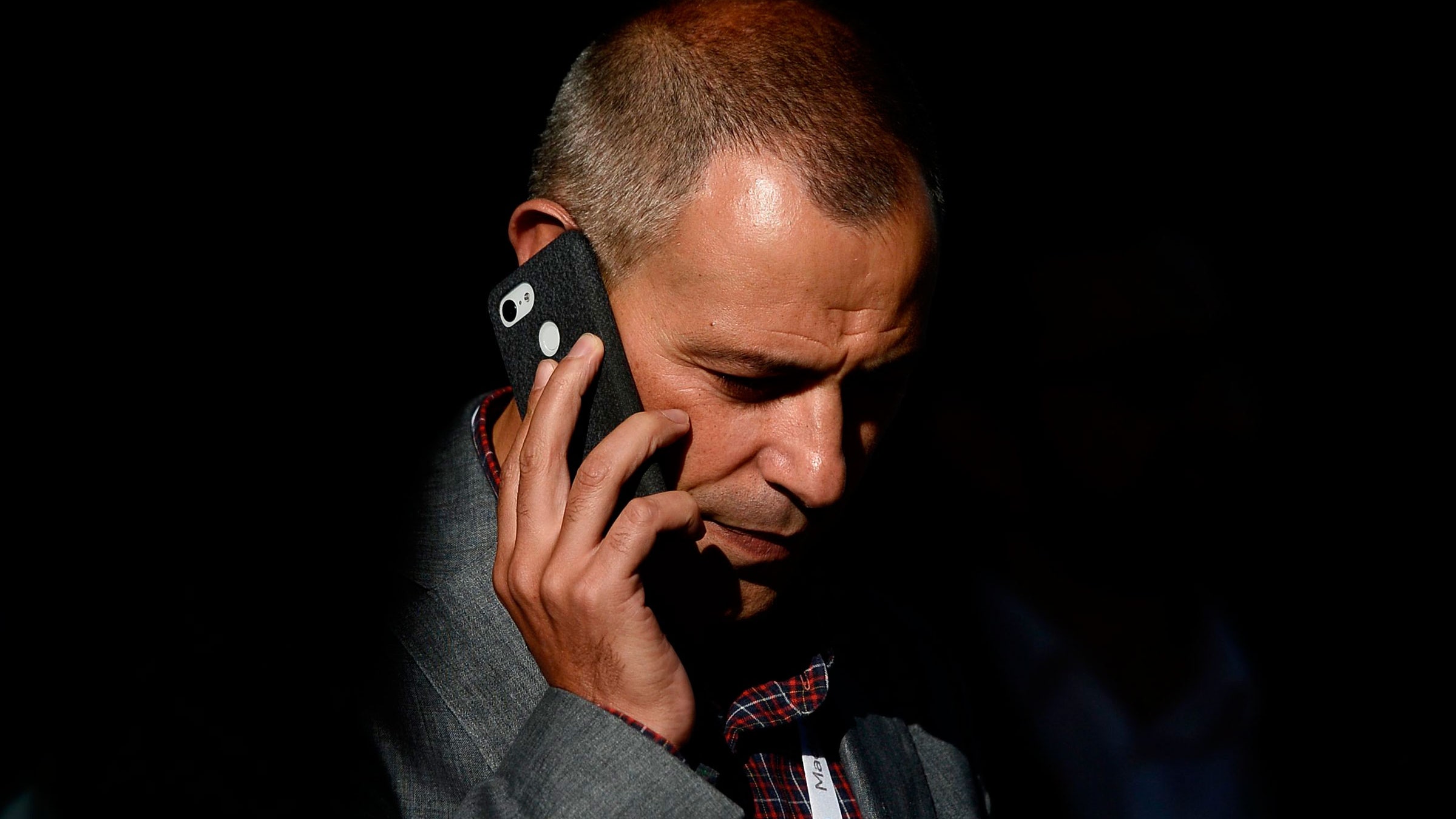 one of your parents gets a phone call and you learn that your grandma has died. Or your brother was wounded in the war, or for some, even worse – will be coming home in a flag covered coffin. The endless discussions about who takes the trash out, or cleans the litter box. Who left the lights on, or dirty dishes in the sink. one of your parents gets a phone call and you learn that your grandma has died. Or your brother was wounded in the war, or for some, even worse – will be coming home in a flag covered coffin. The endless discussions about who takes the trash out, or cleans the litter box. Who left the lights on, or dirty dishes in the sink.
XX
So – to answer the question this blog post started with: How do your family experiences translate into writing scenes? - The list of things that spell FAMILY is pretty long, but all those possibilities give your stories and characters the feeling of being real. Your reader can “feel” or picture them happening and this draws them into a familiar setting and makes them feel like they’re part of the story. It helps your reader relate to your characters, and become emotionally involved, cheering for them, or urging them not to make the mistake you can see coming. And keeping your reader attached to your characters is what keeps them reading to the last page. Which is every author’s goal.
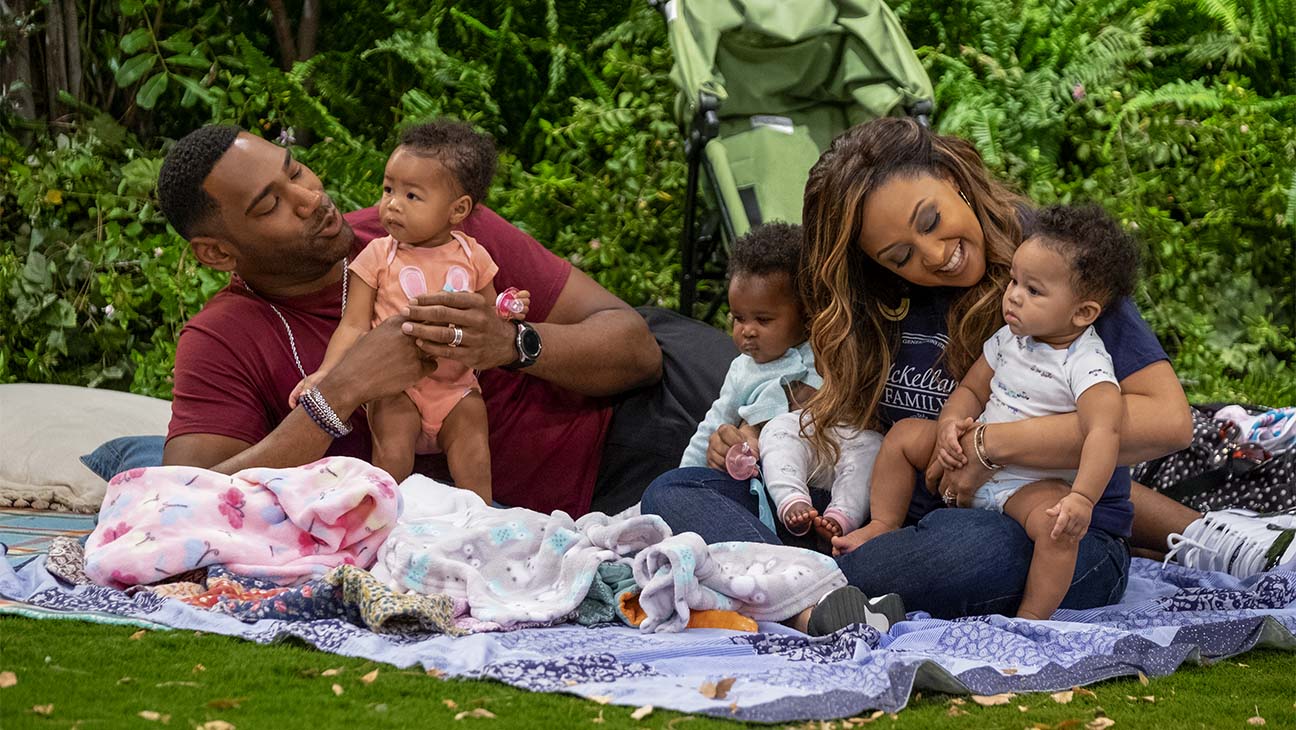
Now I’m going to shut up and send you to check out how these other authors incorporate family into their writing.

Anne Stenhouse
Dr. Bob Rich
Connie Vines
Marci Baun
Judith Copek
Diane Bator
Victoria Chatham
Rhobin L Courtright
Friday, November 19 2021
 For our November Round Robin Blog Hop we were asked to describe a flawed or evil character we have or might use in a story. How did they become so flawed? What part will they play in the story and what will happen to them? For our November Round Robin Blog Hop we were asked to describe a flawed or evil character we have or might use in a story. How did they become so flawed? What part will they play in the story and what will happen to them?
XX
All of my stories have begun with what I call my bible of characters with a brief physical description and any other important detail that will influence the story. And my main character(s) have lengthy bios – sometimes several pages long. I know them inside and out, so 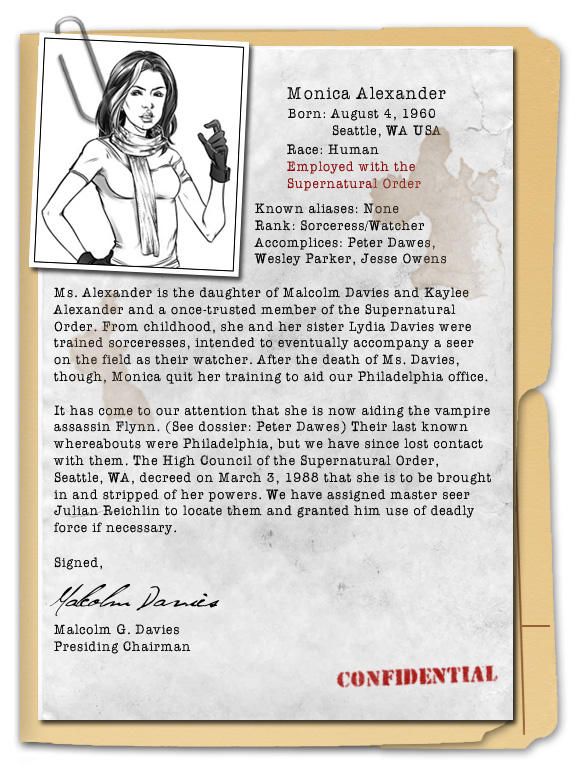 I know how they will react when I throw them under the bus. I just drop them into the action and let them run with the ball. I know how they will react when I throw them under the bus. I just drop them into the action and let them run with the ball.
XX
Unlike a fairly large and devoted audience, I don’t watch programs like Criminal Minds or FBI Most Wanted because I find that level of evil a long way from entertaining. So, I guess it’s no surprise I’ve never really had a truly twisted, evil character in any of my books. At least, not on purpose . . . .
XX
 Years ago, I pitched The Candidate to an editor at a conference and she requested the manuscript. For reasons I no longer knew, I’d written it entirely from one man’s POV – my protagonist was a man in the midst of a hotly contested race for the White House when a personal crisis erupted that threatened everything he knew about himself and his candidacy. After she’d read my work, she said she loved the premise and the characters but felt there wasn’t enough tension in the story. (Apparently having your entire life thrown into disarray wasn’t tense enough at this critical juncture of his life?) But I returned to the manuscript with her comments in mind and ended up writing it from several points of view. I made it a three-way race for the presidency, but the story wasn’t about politics. It was about my hero and a difficult decision he faced, the candidate currently ahead in the polls hiding an important part of who he was personally, and a third candidate willing to do anything to win. About halfway through my write-by-the-seat-of-my-pants revision, I realized I had to create a villain and this third candidate ended up with a past that the voters wouldn’t be able to accept. I told his part of Years ago, I pitched The Candidate to an editor at a conference and she requested the manuscript. For reasons I no longer knew, I’d written it entirely from one man’s POV – my protagonist was a man in the midst of a hotly contested race for the White House when a personal crisis erupted that threatened everything he knew about himself and his candidacy. After she’d read my work, she said she loved the premise and the characters but felt there wasn’t enough tension in the story. (Apparently having your entire life thrown into disarray wasn’t tense enough at this critical juncture of his life?) But I returned to the manuscript with her comments in mind and ended up writing it from several points of view. I made it a three-way race for the presidency, but the story wasn’t about politics. It was about my hero and a difficult decision he faced, the candidate currently ahead in the polls hiding an important part of who he was personally, and a third candidate willing to do anything to win. About halfway through my write-by-the-seat-of-my-pants revision, I realized I had to create a villain and this third candidate ended up with a past that the voters wouldn’t be able to accept. I told his part of  the story from his campaign manager’s point of view. Then I stirred up a Twitter storm to release bits and pieces of the the candidate’s past, and revealed the evil through the eyes of his horrified friend and advocate. the story from his campaign manager’s point of view. Then I stirred up a Twitter storm to release bits and pieces of the the candidate’s past, and revealed the evil through the eyes of his horrified friend and advocate.
XX
Blair Cabot and his nefarious deeds of the past catching up with him in the present did what that editor had asked for and turned an okay story into a really good read, but I never had any desire to use him again, thus his existence ended with The Candidate.
XX
 After that mainstream effort, I turned to romance/women’s fiction type stories, and have a reasonably successful series of 6 books (The Camerons of Tides Way). In book five, Keeping His Promise, I followed my usual formula, creating my hero and heroine with detailed bios, secret longings and passions, and current problems. Kate Cameron is vehemently against a plan to turn an old plantation willed to the town, and currently a drag on the town’s coffers into a second chance house for young men who’ve gone astray and want to get their lives headed in the right direction. The hero is a local cop who is in favor of the proposal. That was the external conflict I created for this pair who were falling in love in spite of their differences. I had my bible of characters made and was happily ¾ of the way through the story when I realized I needed some event, unavoidable facts or someone who would say or do something to change Kate’s mind. . . . Lucas Trevlyn walked in and sat down and took over the impasse. After that mainstream effort, I turned to romance/women’s fiction type stories, and have a reasonably successful series of 6 books (The Camerons of Tides Way). In book five, Keeping His Promise, I followed my usual formula, creating my hero and heroine with detailed bios, secret longings and passions, and current problems. Kate Cameron is vehemently against a plan to turn an old plantation willed to the town, and currently a drag on the town’s coffers into a second chance house for young men who’ve gone astray and want to get their lives headed in the right direction. The hero is a local cop who is in favor of the proposal. That was the external conflict I created for this pair who were falling in love in spite of their differences. I had my bible of characters made and was happily ¾ of the way through the story when I realized I needed some event, unavoidable facts or someone who would say or do something to change Kate’s mind. . . . Lucas Trevlyn walked in and sat down and took over the impasse.
XX
 Lucas had a mixed past. Once a good kid and an excellent soldier, then a man gone completely off the rails. A man who’d gotten in trouble with the law and done time behind bars. Twice! Not (remember I’m not entertained by stories that include twisted minds) an evil man, but certainly the sort you might cross the street to avoid, and caution your kids about. But he was also a man who had fallen so far that he’d lost hope and decided that he wasn’t worth taking up space on this earth . . . until an off-duty cop found him on the wrong side of the railing on a highway overpass and reached out a helping hand. Lucas had a mixed past. Once a good kid and an excellent soldier, then a man gone completely off the rails. A man who’d gotten in trouble with the law and done time behind bars. Twice! Not (remember I’m not entertained by stories that include twisted minds) an evil man, but certainly the sort you might cross the street to avoid, and caution your kids about. But he was also a man who had fallen so far that he’d lost hope and decided that he wasn’t worth taking up space on this earth . . . until an off-duty cop found him on the wrong side of the railing on a highway overpass and reached out a helping hand.
XX
Like Blair Cabot, Lucas came into this story late, but filled a vital need for the plot. And he somehow captured my imagination. He now has a very detailed dossier and I have plans to write his story to add to the Camerons of Tide’s Way series. I already have a short story boiled down from that lengthy background that you can read here: Second Chances. Now I want to give him a new lease on life and his own happy ever after.
XX
Check out what some other authors have done with the bad boys and girls in their stories:
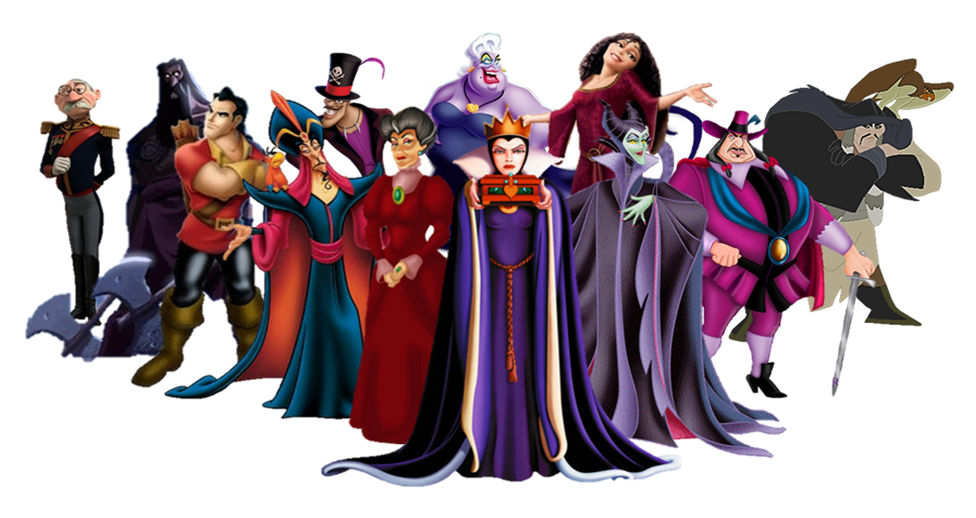
Anne Stenhouse
Dr. Bob Rich
Connie Vines
Marci Baun
Diane Bator
Victoria Chatham
Rhobin L Courtright
Saturday, October 23 2021
 Welcome to our Round Robin Blog Hop for October where we've been asked to share a childhood Halloween memory or tell about our scariest Halloween. Welcome to our Round Robin Blog Hop for October where we've been asked to share a childhood Halloween memory or tell about our scariest Halloween.
XX
To be honest, I don't recall ever having a super scary Halloween. Even when I visited haunted houses that were meant to be scary, I knew they weren't real. So I thought I'd share some of my fun or funny Halloween memories. I’m going to date myself, I know, but Halloween when I was a kid was very different than it is today and I think half the time us kids or even our parents might have ended up being handcuffed and tucked into the back of a police cruiser had we gotten up to the same high-jinks in this century.
XX
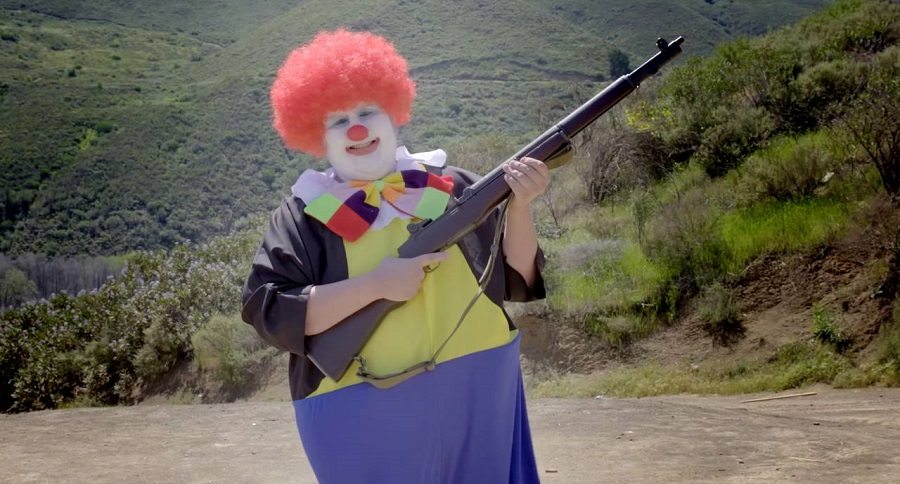 Picture Aunt Bea on Mayberry RFD and you have a good idea what my maternal grandmother was like. A kindly lady who always had fresh baked cookies to share, a victory garden out back and got down on the floor to play with us whenever we visited. Now picture that same woman dressed in a clown costume, toting a rifle and shooting out the streetlights. I didn’t actually see this happen, but I heard the story from several unimpeachable sources and my grandmother didn’t deny it when asked. Picture Aunt Bea on Mayberry RFD and you have a good idea what my maternal grandmother was like. A kindly lady who always had fresh baked cookies to share, a victory garden out back and got down on the floor to play with us whenever we visited. Now picture that same woman dressed in a clown costume, toting a rifle and shooting out the streetlights. I didn’t actually see this happen, but I heard the story from several unimpeachable sources and my grandmother didn’t deny it when asked.
XX
 Then there was my dad, who admittedly had always been something of a cut-up, together with a friend and removed the bench seat from another neighbor’s car, braced it across poor man’s doorway and then stuck a pin in his doorbell. Mr. Green knew immediately who’d done it and called them out of their hiding places by name. Then all three got a good laugh and ended up sitting on the Mr. Green’s porch sharing a bottle of whiskey. Then there was my dad, who admittedly had always been something of a cut-up, together with a friend and removed the bench seat from another neighbor’s car, braced it across poor man’s doorway and then stuck a pin in his doorbell. Mr. Green knew immediately who’d done it and called them out of their hiding places by name. Then all three got a good laugh and ended up sitting on the Mr. Green’s porch sharing a bottle of whiskey.
XX
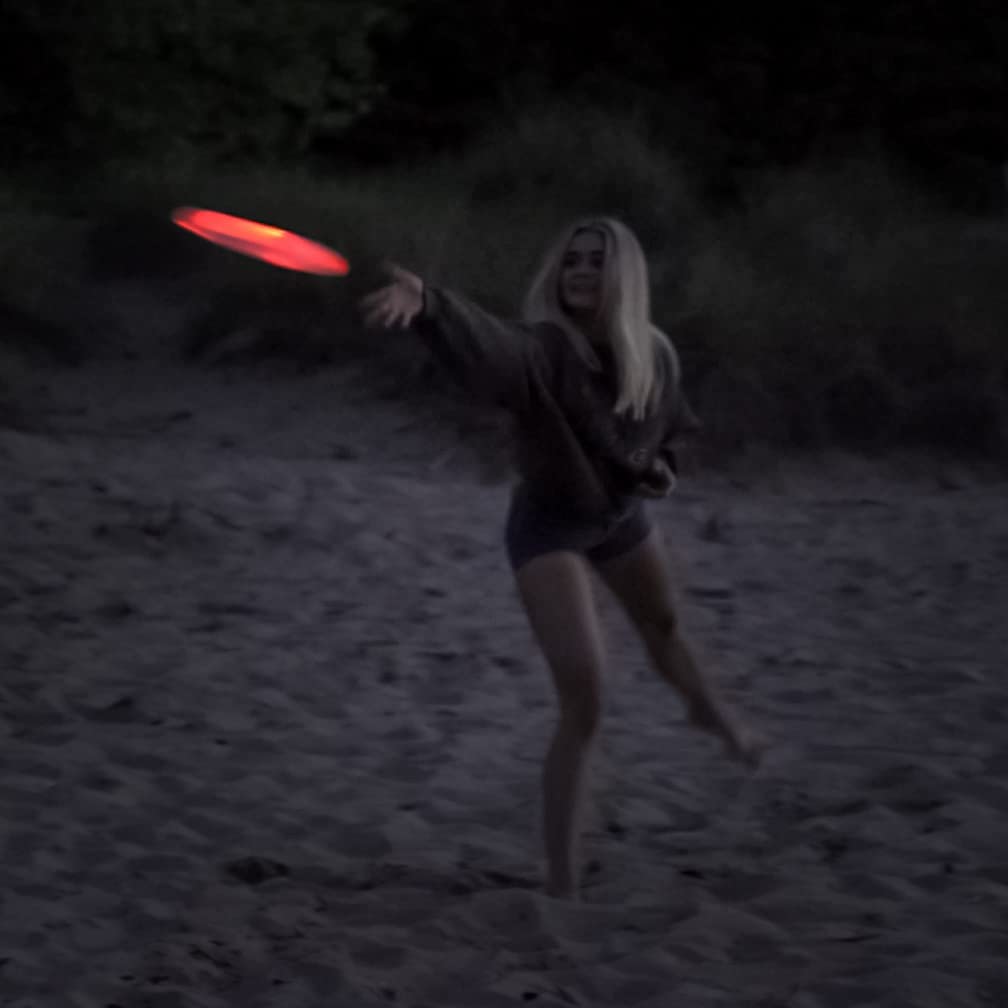 As for my own twisted ideas of Halloween fun - one year, long after the candy had been collected and the porch lights turned off, I and three of my friends donned our darkest clothes and headed for the house on the corner with a glow-in-the-dark frisbee. The houses on both sides of the street had a privet hedge bordering their lawns and the plan was to wait until a car approached and sail the frisbee across the hood of their car. It was harder to time the hurl than we had thought and it took quite a few tries before the first startled motorist thought he was seeing a real UFO while we giggled helplessly behind the hedge. As for my own twisted ideas of Halloween fun - one year, long after the candy had been collected and the porch lights turned off, I and three of my friends donned our darkest clothes and headed for the house on the corner with a glow-in-the-dark frisbee. The houses on both sides of the street had a privet hedge bordering their lawns and the plan was to wait until a car approached and sail the frisbee across the hood of their car. It was harder to time the hurl than we had thought and it took quite a few tries before the first startled motorist thought he was seeing a real UFO while we giggled helplessly behind the hedge.
XX
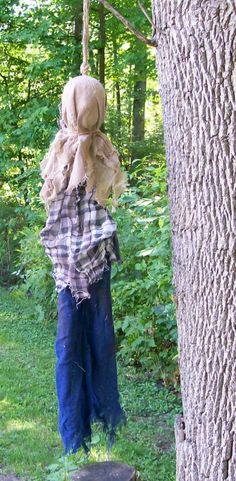 Another year, we “borrowed” the dummy decorating someone’s front porch. (Mind you, this was well after dark, unlike the photo to the left.) I dug up a length of rope from my father’s garage and we tied it around the dummy’s neck, then threw the other end over the heavy cable connecting two telephone poles on that same corner. We adjusted the height so the dummy’s feet just brushed the ground, then pulled our stuffed man back into a gap in the hedge. And waited. Finally, a car approached with his blinker on and we all held our breaths and hushed. Just as he made the turn, we shoved our ‘victim’ into his path. It made a lovely thunk as it connected with the front of the poor man’s car. The driver screeched to a halt and leapt from his car but before he could get around to the front and see what he’d hit, we hastily hauled that dummy up to the overhead cable and out of sight. Looking back as an adult and a driver, I am appalled and I’m sure my parents would have been as well, had they known. The Another year, we “borrowed” the dummy decorating someone’s front porch. (Mind you, this was well after dark, unlike the photo to the left.) I dug up a length of rope from my father’s garage and we tied it around the dummy’s neck, then threw the other end over the heavy cable connecting two telephone poles on that same corner. We adjusted the height so the dummy’s feet just brushed the ground, then pulled our stuffed man back into a gap in the hedge. And waited. Finally, a car approached with his blinker on and we all held our breaths and hushed. Just as he made the turn, we shoved our ‘victim’ into his path. It made a lovely thunk as it connected with the front of the poor man’s car. The driver screeched to a halt and leapt from his car but before he could get around to the front and see what he’d hit, we hastily hauled that dummy up to the overhead cable and out of sight. Looking back as an adult and a driver, I am appalled and I’m sure my parents would have been as well, had they known. The  distressed driver couldn’t find a body. He went back to his car and dug around for a flashlight, then looked under his car. Still no body. I’m not sure how we managed to stifle the laughter bubbling up in our throats as distressed driver couldn’t find a body. He went back to his car and dug around for a flashlight, then looked under his car. Still no body. I’m not sure how we managed to stifle the laughter bubbling up in our throats as he stood there scratching his head, but never once looked up. Eventually he got back in his car and drove away, and we convulsed in mirth. Our trick for the night achieved, we went home to start the annual task of sorting and trading our haul of candy while guzzling down the apple cider my mom served up. he stood there scratching his head, but never once looked up. Eventually he got back in his car and drove away, and we convulsed in mirth. Our trick for the night achieved, we went home to start the annual task of sorting and trading our haul of candy while guzzling down the apple cider my mom served up.
XX
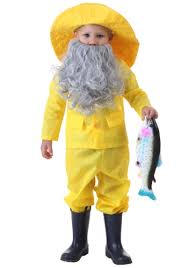 Another amusing Halloween story from my past was the year my younger brother dressed up like a fisherman and my mother bought a real fish from the market to hang on the make-shift rod my dad fashioned. That same good-natured neighbor who had his door blocked with a car seat a year earlier greeted Scotty warmly and began shoving candy corn into the fish’s mouth. None of us were ever sure what distressed my brother more – Another amusing Halloween story from my past was the year my younger brother dressed up like a fisherman and my mother bought a real fish from the market to hang on the make-shift rod my dad fashioned. That same good-natured neighbor who had his door blocked with a car seat a year earlier greeted Scotty warmly and began shoving candy corn into the fish’s mouth. None of us were ever sure what distressed my brother more –  the desecration of his “real” fish or the fact the candy corn wasn’t going to be edible. Poor Mr. Green tried to fix his mistake by offering Scotty another package of candy corn for his bulging pillow case, but Scotty just fled home in tears to tell his tale of woe to my mom. I was too busy laughing to feel sad for either Mr. Green or my brother. the desecration of his “real” fish or the fact the candy corn wasn’t going to be edible. Poor Mr. Green tried to fix his mistake by offering Scotty another package of candy corn for his bulging pillow case, but Scotty just fled home in tears to tell his tale of woe to my mom. I was too busy laughing to feel sad for either Mr. Green or my brother.
XX
I’m not sure how you celebrate the day, now or as a kid, but check out these authors and hear some more spooky, funny or outright horror stories appropriate for the holiday.
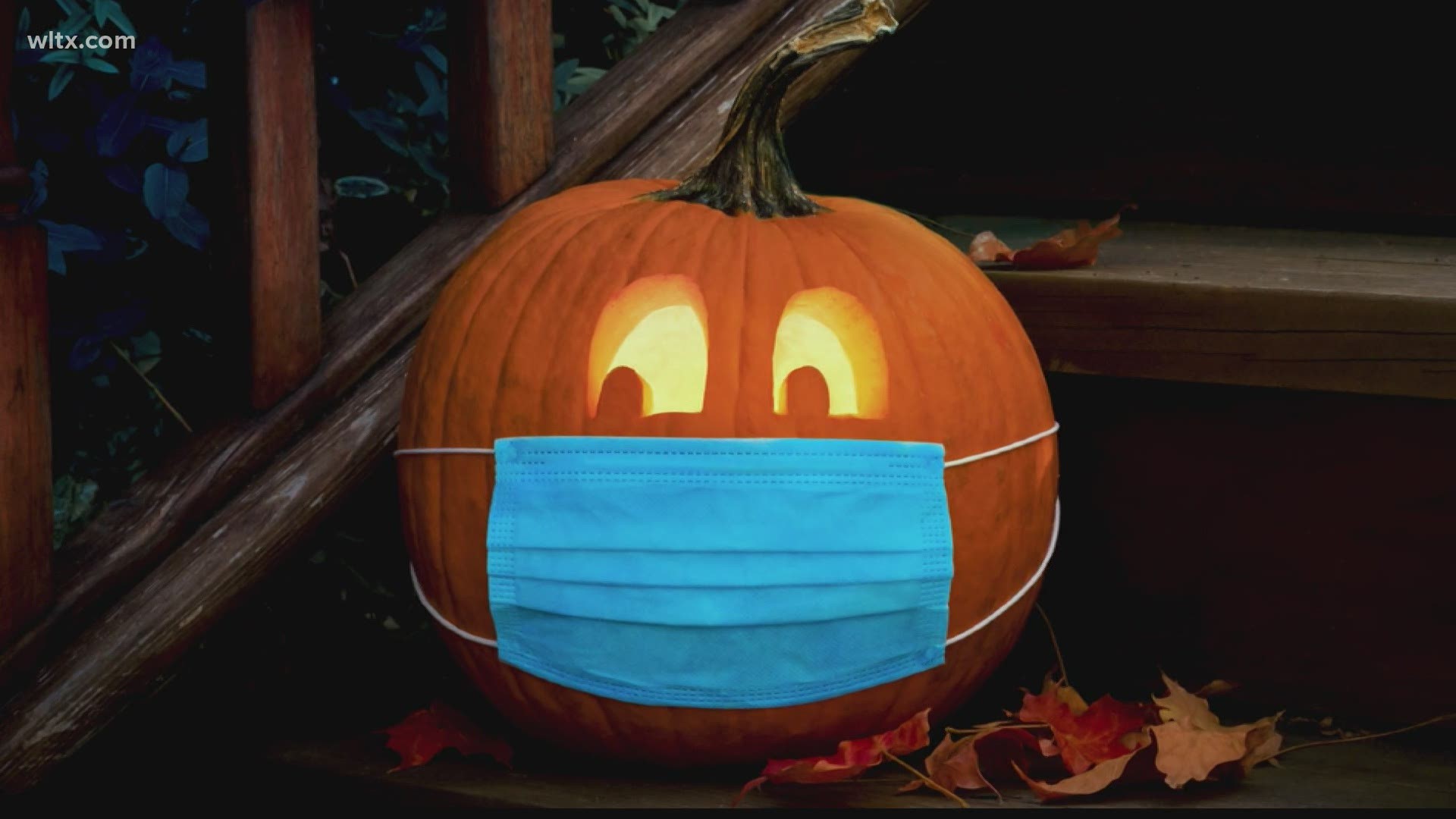 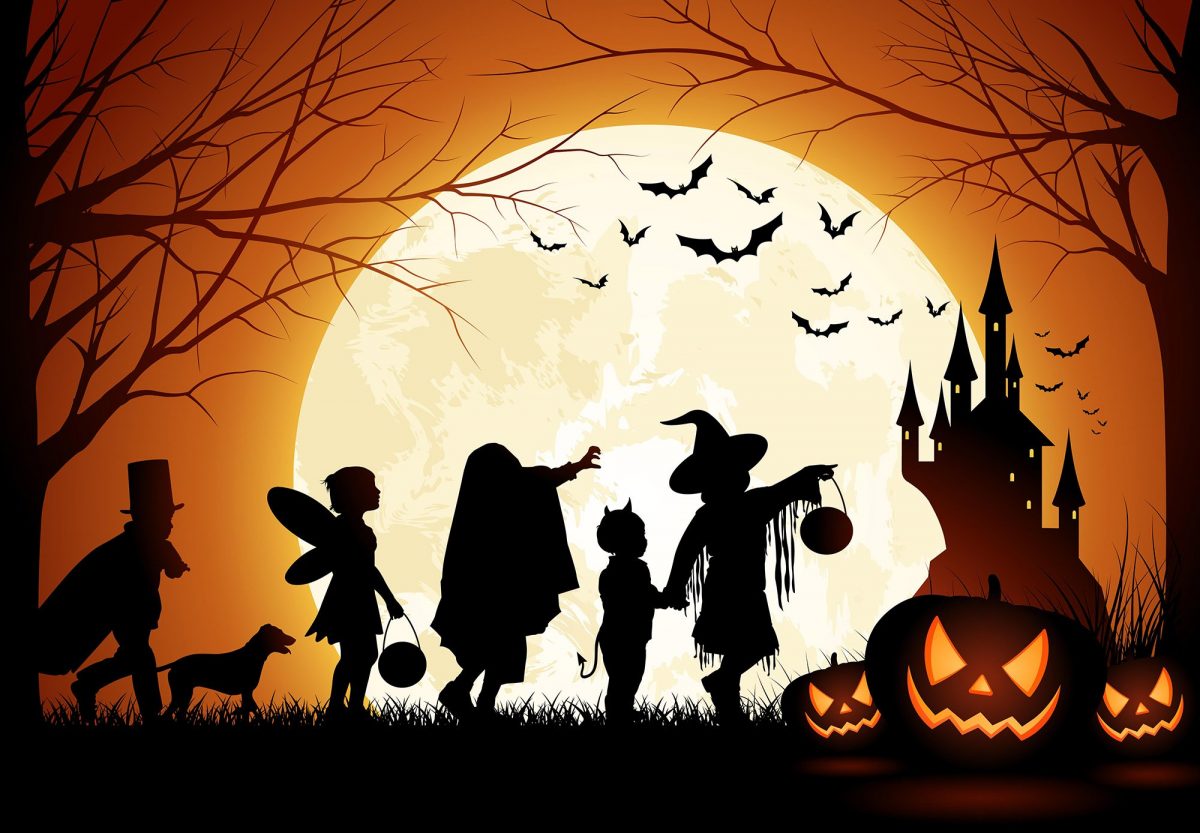 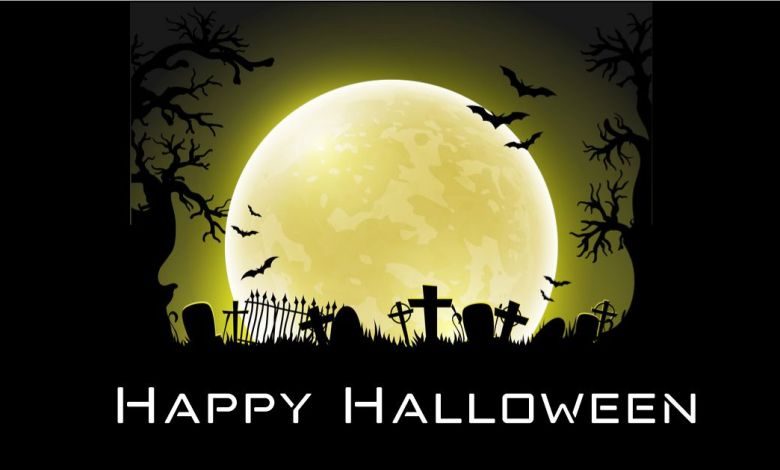

Victoria Chatham
Marci Baun
Connie Vines
Dr. Bob Rich
Rhobin L Courtright
Anne Stenhouse
Saturday, September 18 2021
 The question posed this month for our merry band of Round Robin Bloggers is -- Besides novels what other genres do you write in? Any nonfiction? The question posed this month for our merry band of Round Robin Bloggers is -- Besides novels what other genres do you write in? Any nonfiction?
XX
My first reaction to this question was, “But that’s what I write! Novels!!” Then I sat back and realized that wasn’t quite true. It isn’t even true that fiction is the only genre I’m published in.
XX
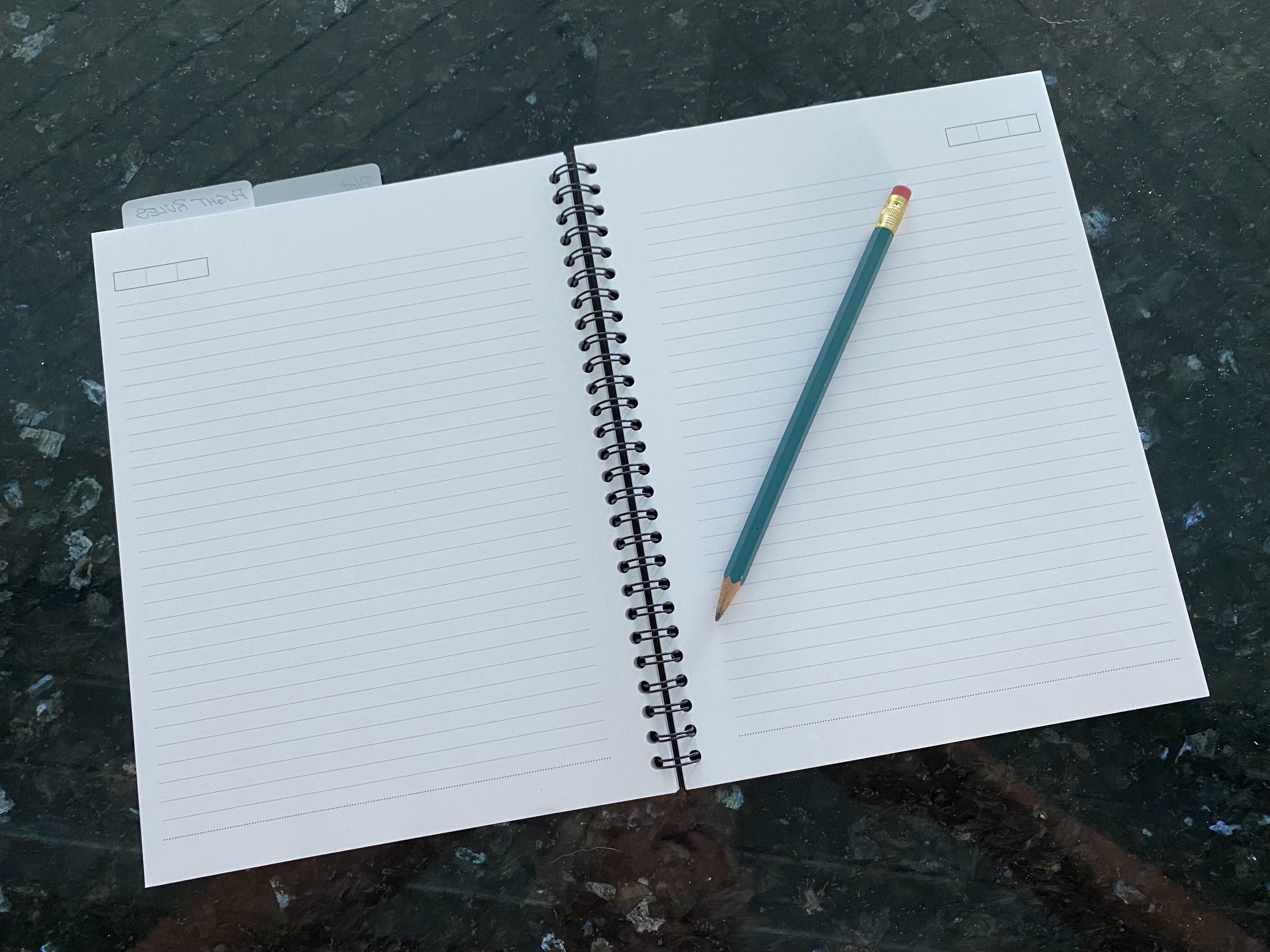 It began on the first day of Junior English in High School when my new teacher handed out a homework assignment to write 500 words on something you can smell. I really thought I was doomed. I’d always enjoyed English and especially writing, but how on earth was I supposed to come up with 500 words on a scent? That evening I dragged out my theme book – those were the days long before computers when everything was written by hand or on a typewriter which I didn’t own – and sat there, my mind a total blank. But then my brain kicked into gear and memory from my afternoon swept in. I know I’m dating myself, but I’m really old and back then we didn’t have dryers either. I think some existed It began on the first day of Junior English in High School when my new teacher handed out a homework assignment to write 500 words on something you can smell. I really thought I was doomed. I’d always enjoyed English and especially writing, but how on earth was I supposed to come up with 500 words on a scent? That evening I dragged out my theme book – those were the days long before computers when everything was written by hand or on a typewriter which I didn’t own – and sat there, my mind a total blank. But then my brain kicked into gear and memory from my afternoon swept in. I know I’m dating myself, but I’m really old and back then we didn’t have dryers either. I think some existed  somewhere, maybe in commercial laundries, but certainly not in my home or that of any of my friends. It had been my task that afternoon to collect the sheets my mother had washed and hung outdoors in the sunshine that morning and bring them in so she could remake the beds. With my pencil poised, I recalled the incredible scent of those sheets billowing around my head as I struggled to keep them from touching the ground and wrestling them into the laundry basket. All these years later, I have no recollection of what I put on that paper, but I got an A+ and perhaps that’s were my writing career got started. somewhere, maybe in commercial laundries, but certainly not in my home or that of any of my friends. It had been my task that afternoon to collect the sheets my mother had washed and hung outdoors in the sunshine that morning and bring them in so she could remake the beds. With my pencil poised, I recalled the incredible scent of those sheets billowing around my head as I struggled to keep them from touching the ground and wrestling them into the laundry basket. All these years later, I have no recollection of what I put on that paper, but I got an A+ and perhaps that’s were my writing career got started.
X X X
Over the years since then I got involved with writing newsletters, which unlike the media today, had no slant or agenda. It was all non-fiction: reports of events upcoming, or debriefs on things that had happened already, appeals for donations or applications and an occasional anecdote I thought whatever group I was writing them for might find amusing.
XX
 While I was still a stay-at-home mom, once my kids were in school I got to writing more seriously – at least I thought it was more serious. I was going to write a book! I did write a few. They languish today written on yellow lined paper in pencil in thick file folders tucked way in the back of my file cabinet. I have a feeling my kids will laugh themselves silly if they ever decide to read them after I’m gone. Or maybe I’ll toss them before that event comes along. While I was still a stay-at-home mom, once my kids were in school I got to writing more seriously – at least I thought it was more serious. I was going to write a book! I did write a few. They languish today written on yellow lined paper in pencil in thick file folders tucked way in the back of my file cabinet. I have a feeling my kids will laugh themselves silly if they ever decide to read them after I’m gone. Or maybe I’ll toss them before that event comes along.
XX
But when I was in the last days of preparing to leave the country for more than two years to share my time and the talents I’d  gained over my years of employment as a volunteer with the American Peace Corps, it occurred to me that I might like to submit essays about my experience. I contacted the local paper where I lived at the time and they were excited about the idea. Hopefully I’d have internet access and could submit my adventures via email. If not, there was always snail mail and believe me, that would have been SNAIL mail since it took over a month for anything in an envelope with a stamp on it to arrive from the South Pacific where I was sent to my kids and parents back home. As it turned out, while I didn’t have internet access as we all expect today, I did have the ability to communicate via email. As unbelievable as some of my experiences were, like swimming with whales for instance, they were all non-fiction and I really did go swimming WITH whales. Some of those adventures are currently mounted on my website and you can check them out here: https://www.skye-writer.com/peace_corps gained over my years of employment as a volunteer with the American Peace Corps, it occurred to me that I might like to submit essays about my experience. I contacted the local paper where I lived at the time and they were excited about the idea. Hopefully I’d have internet access and could submit my adventures via email. If not, there was always snail mail and believe me, that would have been SNAIL mail since it took over a month for anything in an envelope with a stamp on it to arrive from the South Pacific where I was sent to my kids and parents back home. As it turned out, while I didn’t have internet access as we all expect today, I did have the ability to communicate via email. As unbelievable as some of my experiences were, like swimming with whales for instance, they were all non-fiction and I really did go swimming WITH whales. Some of those adventures are currently mounted on my website and you can check them out here: https://www.skye-writer.com/peace_corps One other thing I learned how to write while in the Peace Corps was a Grant Proposal. Now there's a challenge - how to have your hat out asking for money and make the other guy feel like he's doing a good thing. One other thing I learned how to write while in the Peace Corps was a Grant Proposal. Now there's a challenge - how to have your hat out asking for money and make the other guy feel like he's doing a good thing.
XX
XX
 My recipes are not fiction, but none of them have been published except perhaps one or two in the previously mentioned newsletters. Like how to cook a turkey overnight, or how to make jelly. In my role as chairman of various organizations, there were numerous reports that had to get written, but nothing I’d ever brag about and I’ve served as secretary in other groups so writing up the minutes could be considered non-fiction, but only of interest to the groups involved and probably not even read by the members voting to accept them as presented. My recipes are not fiction, but none of them have been published except perhaps one or two in the previously mentioned newsletters. Like how to cook a turkey overnight, or how to make jelly. In my role as chairman of various organizations, there were numerous reports that had to get written, but nothing I’d ever brag about and I’ve served as secretary in other groups so writing up the minutes could be considered non-fiction, but only of interest to the groups involved and probably not even read by the members voting to accept them as presented.
XX
Then there is my website where I already mentioned my Peace Corps articles, but I also have a page for short stories I've written, another page for interesting tidbits of history I've discovered while researching and my blog. Lots of fun stuff on those pages. My publisher, Belle Bridge Books has also released two short stories of mine that are available in e-book format at no charge.
XX
My most recent foray into non-fiction is a short story I wrote that began with the idea it was a “story” – a fictionalized story based on my faithful pooch, MacDuff. But in the end it was a totally non-fiction memoir of my time with him and the hole he’d left in my life when he passed just short of his 15th birthday. That memoir/short story, entitled Duffy’s Footprints was one of those chosen from over a hundred entries for publication in the Florida Writer’s Annual Anthology which will be released next month. I’d include a buy link here, but since it’s not yet available, you’ll just have to wait for Florida Writer’s Association Volume 13: Footprints.
XX
 In the meantime, why not check out what a few of my fellow Round Robin Bloggers write besides novels: In the meantime, why not check out what a few of my fellow Round Robin Bloggers write besides novels:
Marci Baun
Victoria Chatham
Connie Vines
Dr. Bob Rich
Judith Copek
Rhobin L Courtright
|